Leadership
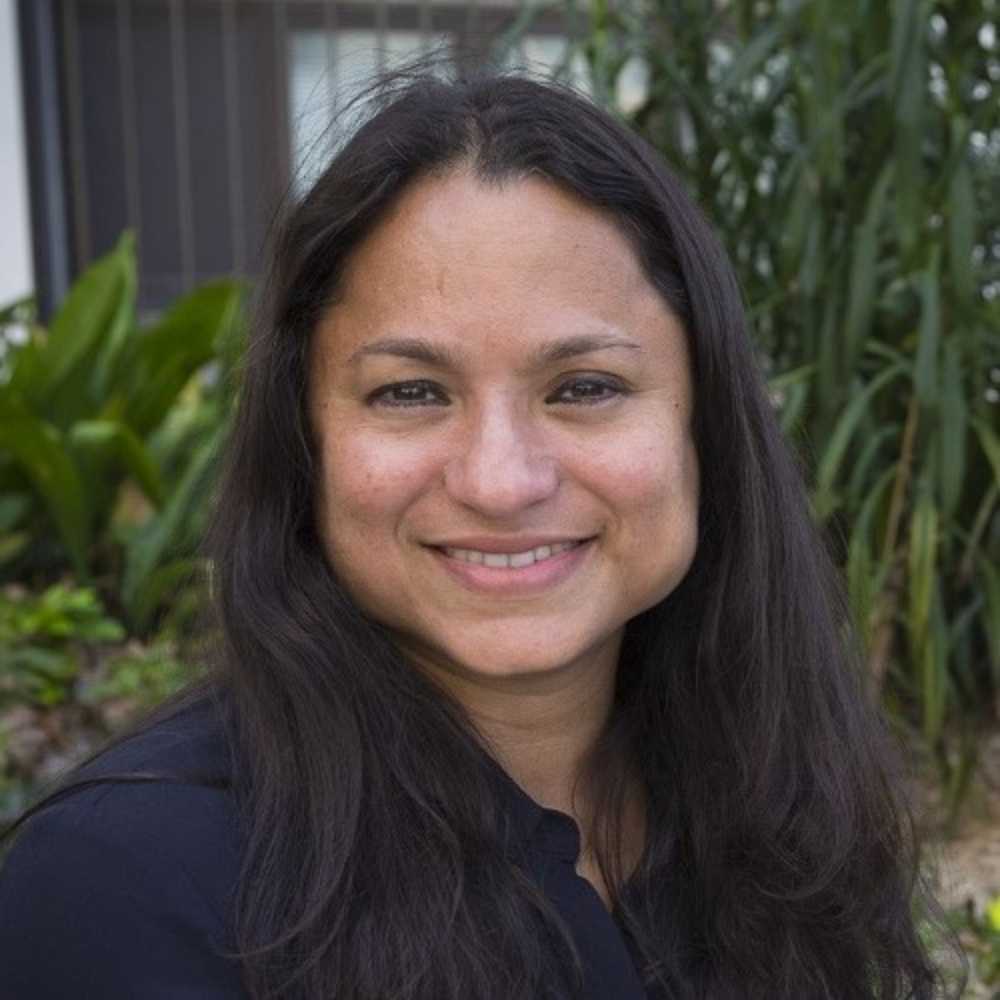
Director
Professor Priya Rajagopalan
Associate Dean Research and Innovation, School of Property Construction and Project Management at RMIT is the inaugural Director of the Post-Carbon Research Centre. Priya is a building scientist with extensive experience in energy and indoor environmental quality of buildings and urban climatology.
As an internationally recognized expert in the field of building energy and indoor environmental performance and urban climatology, Priya’s research interests span from sustainable building design, energy benchmarking and labelling, urban heat island, building performance simulation, indoor air quality, lighting and acoustics to citizen science in urban microclimate monitoring, mitigation and adaptation.
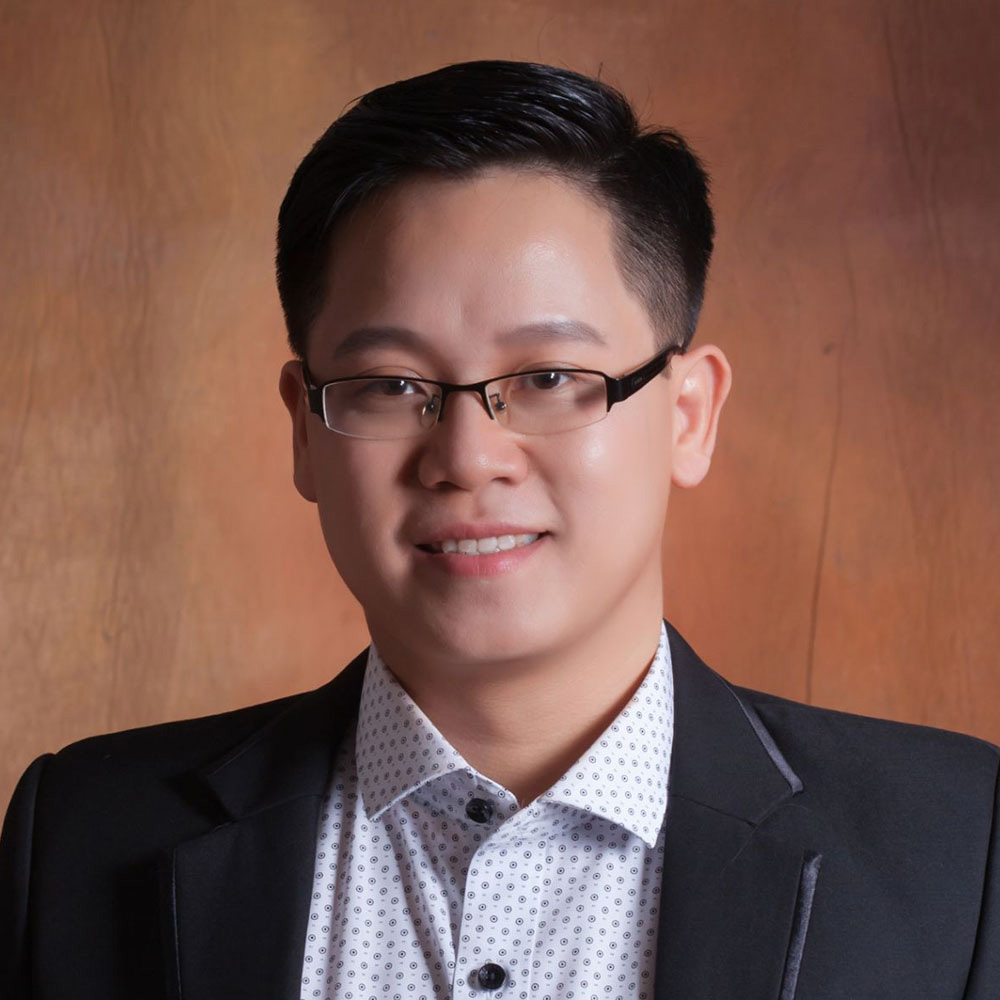
Deputy Director
A/Prof Jonathan Tran
Associate Professor Jonathan Tran joined the Civil & Infrastructure Engineering department in 2018 and founded the Digital and Sustainable Construction Laboratory research group. Jonathan has established a strong track record in engagements and collaborations with industry, evidenced by a sustained record in industry-engaged research. By reusing and upcycling recycled building materials, his research team concentrates heavily on the development of intelligent solutions for sustainable construction. His innovative approaches have led to the creation of numerous solutions for recycling recycled glass, rubber, and plastic waste into construction applications such as pavements, sound barrier walls, and retaining structures using conventional and innovative construction techniques such as 3D printing.
Strategic Advisors

Professor Ralph Horne
Ralph Horne is Professor of Geography and Deputy Pro-Vice Chancellor, Research and Innovation for the College of Design and Social Context at RMIT University.
Ralph is interested in social and policy change to support sustainable urban development, and has a specific research interest in low carbon urban transitions, housing and households. He combines research leadership and participation in research projects concerning the environmental, social and policy context of production and consumption in the urban environment.

Professor Sujeeva Setunge
Professor Sujeeva Setunge leads the research portfolio of STEM college at RMIT as Associate Deputy Vice Chancellor (ADVC) for Research and Innovation.
Developing cross disciplinary research to address large complex problems is one of Sujeeva’s strengths and she has successfully led large multisector, multi-institutional initiatives. A highlight is winning and leading the $21 m ARC Industrial Transformation Research Hub for Transformation of Reclaimed Resources to Engineered Materials and Solutions for a circular Economy (TREMS) awarded in 2020, in partnership with 9 Australian and 4 international academic institutions and 33 industry partners.

Professor Ron Wakefield
Professor Ron Wakefield is Associate Deputy Vice Chancellor, International and Dean of School at RMIT's School of Property, Construction and Project Management.
Ron has over 25 years’ experience as an international researcher, consultant and engineer in building construction. He researches and teaches at RMIT in the areas of process simulation and modelling, residential and commercial construction and uses of information technology in construction management. He has degrees in Civil Engineering, including a PhD and BE (Hon 1) from the University of New South Wales and an MSE from Princeton University.
Cluster Co-leads

Professor Karien Dekker
Karien Dekker is Professor at RMIT University in the school of Property, Construction and Project Management. She is currently a Chief Investigator on a project on housing solutions for temporary migrants in Australia, she writes about human rights in local governments as well as housing for refugees.
Karien's life revolves around a greater desire to create inclusive communities in which everyone feels welcome. She is also passionate about affordable housing for all. To inform policy and public opinion, she interprets large datasets, while making sense of the findings with interviews and observations.

Dr Ben Milbourne
Dr Ben Milbourne is a Senior Lecturer and the Program Manager of the Master of Architecture in the school of Architecture and Urban Design where he is engaged in research on the application of advanced manufacturing in architecture and the future fabric of Australian cities. Ben is a co-author of ‘Practice Futures’, commissioned by the Architect’s Registration Board of Victoria, investigating the impact of the adoption of digital fabrication in construction on the practice of Architecture. He is a founding partner of Common ADR, an architecture and urban design practice focused on engaging in the common commission of the city through public and private projects. He is an inaugural member of the Design Excellence Advisory Committee for the City of Melbourne, co-chair of the Australian Institute of Architects Victorian Chapter Smaller Practice Forum and Australian representative to the Union Internationale des Architectes (UIA), Professional Practice Commission.
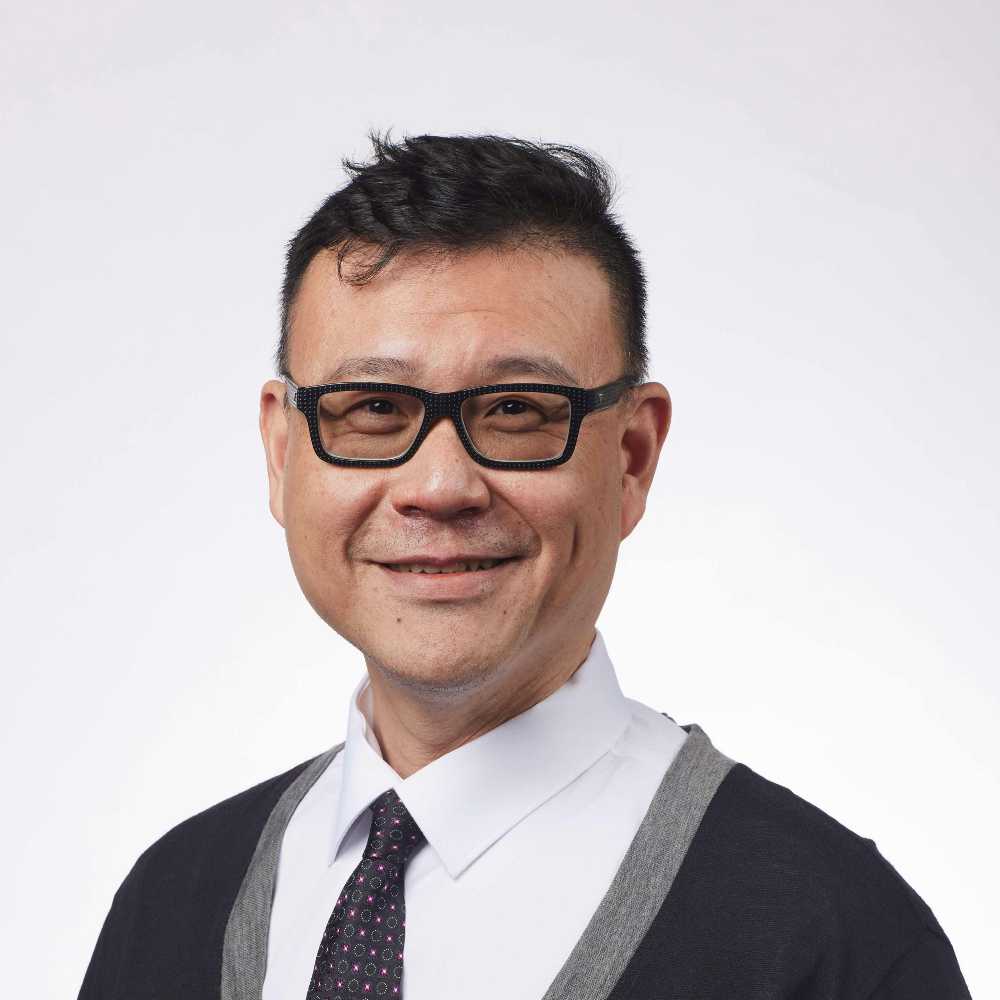
Professor Peter Wong
Professor Peter S.P. Wong is the Associate Dean (Construction Management) of the School of Property Construction and Project Management. He has expertise in immersive technology (VR/AR/MR) in construction, prefabrication, and modulation of construction, construction waste management and organisational change management. He has been awarded multiple competitive research grants, including from the Victorian Building Authority, for developing a virtual reality (VR) based online self-evaluation platform to reduce the compliance risk of building and plumbing works. His prestigious Australian Research Council Linkage project has helped guide the effectiveness of offsite manufacturing and improved project delivery.
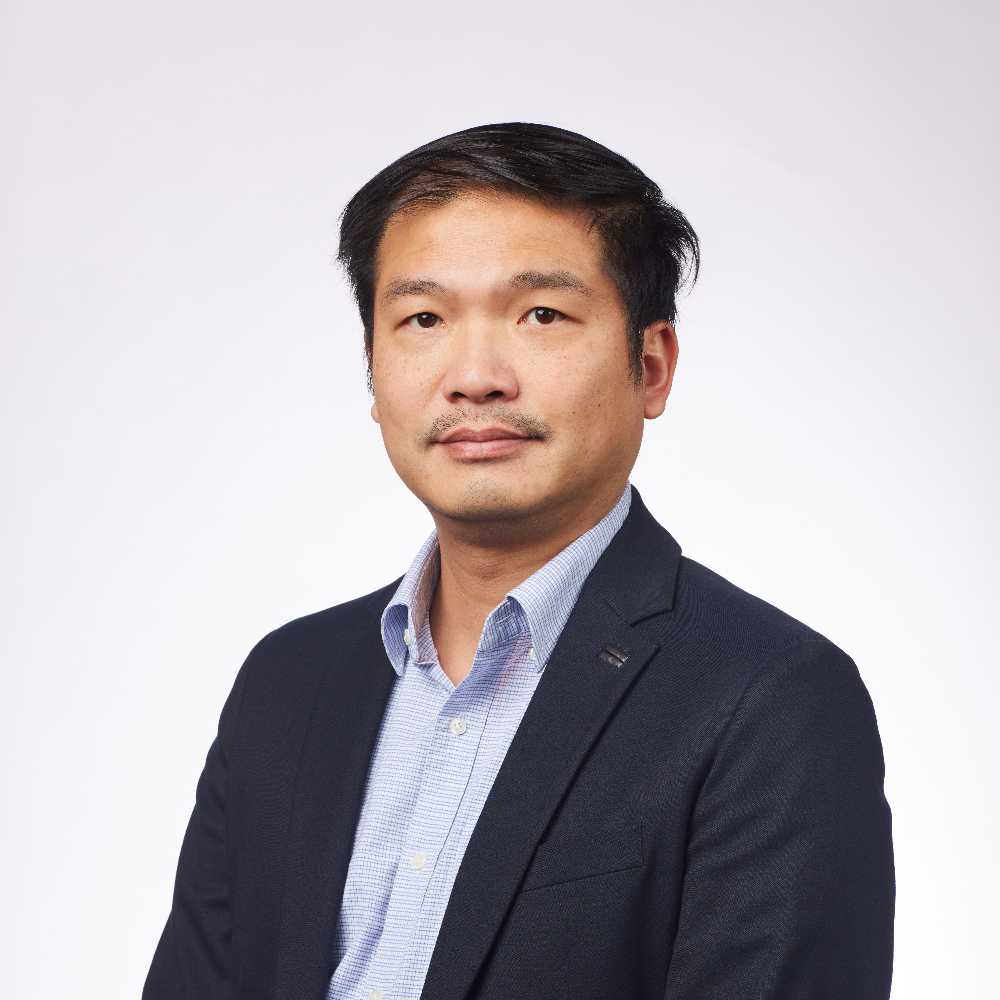
Professor Sherman Cheung
Professor Cheung is an expert in computational fluid dynamics and heat and mass transfer modelling. His research works focus on numerical modelling of heat and mass transfer in building fires, building ventilation design optimization, combustion and pyrolysis of building materials, and gas-liquid bubbly flows. Professor Cheung has received the prestigious Victoria Fellowship from the Victoria Government and International Young Scientists from the National Natural Science Foundation of China to recognise his research contribution. To date, he has published over 142 research articles and attracted over AUD$ 8 million in research funding from both national competitive grants and industrial collaborative schemes.
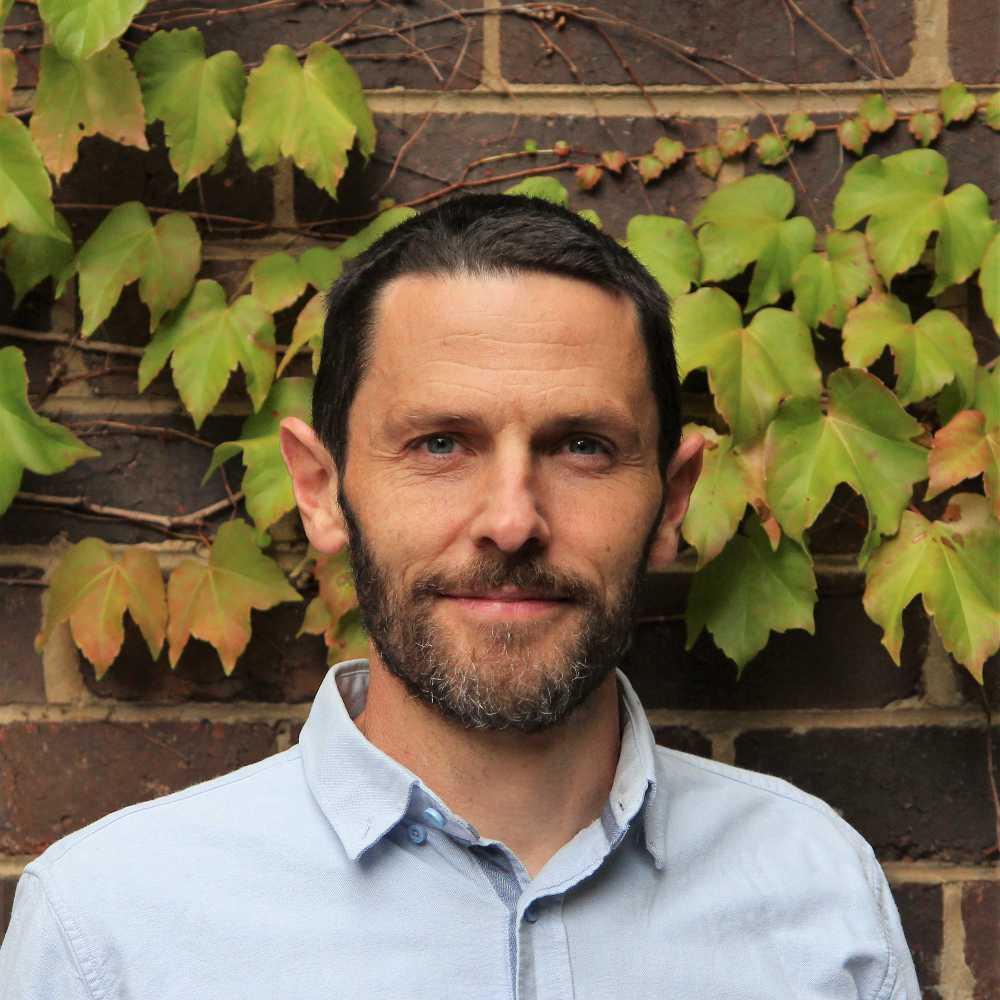
Professor Joe Hurley
Joe Hurley is a Professor in the School of Global, Urban and Social Studies. He is an expert in urban sustainability, policy and governance. He has led several projects examining the intersection between urban heat, urban forest management, and urban planning and development, funded by the National Environmental Science Program, the Department of Foreign Affairs and Trade, Horticulture Australia Ltd, and several Australian state and local governments. His current Australian Research Council Discovery Project, in partnership with the University of Western Australia, titled “Why is (re)development hot?: Measuring cumulative heat in Australian cities”, aims to causally identify the warming effect of residential development and investigate the impact of planning policies that control changes in the built form associated with increased heat exposure. Joe takes a particular interest in research-practice exchange and collaboration. He is founding academic editor of Cities People Love, a research-practice communication publication; technical advisor to the Council Alliance for Sustainable Built Environments; and regularly provides expert comment and research evidence to media.
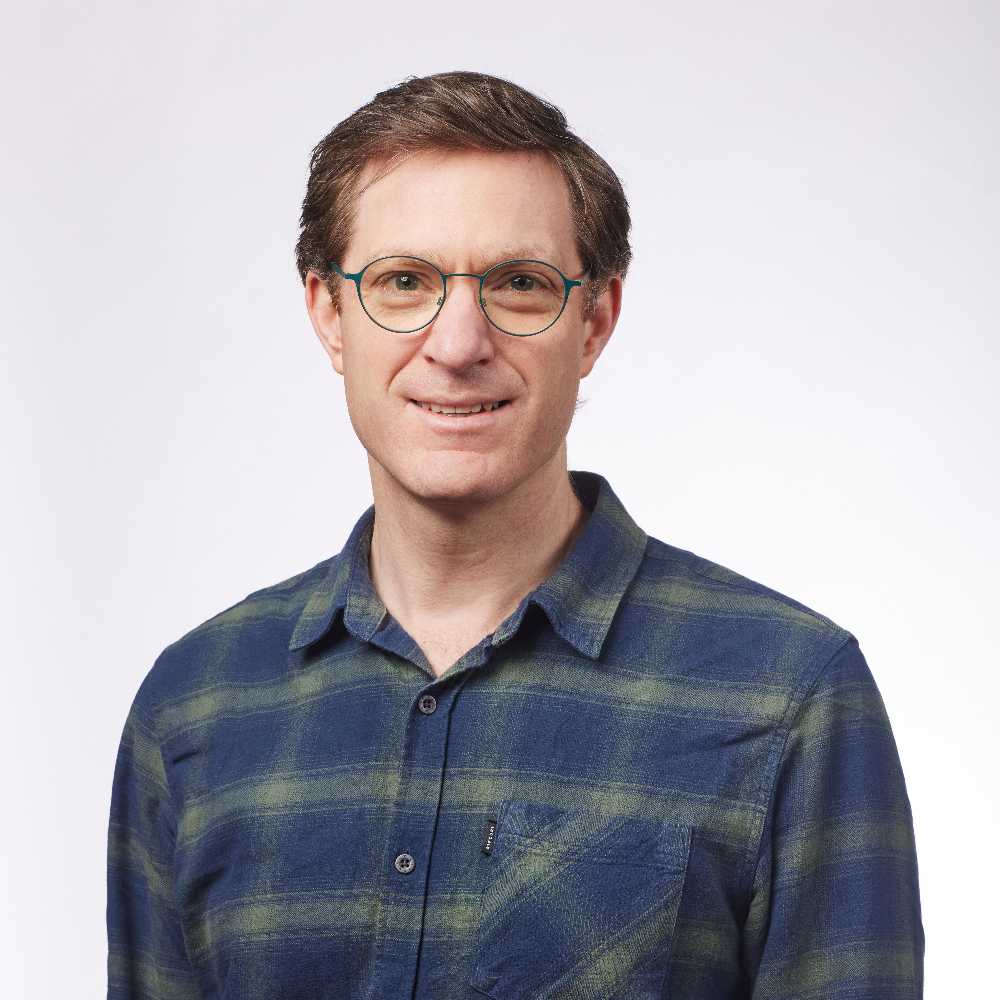
Associate Professor Trivess Moore
Trivess Moore is Associate Professor in the School of Property, Construction and Project Management. He is an expert in sustainable housing and urban environments. His recent research has been around exploring how to scale up retrofit of existing housing, implementing circular economy outcomes across the housing sector, and the role of policy and industry in delivering a sustainable and equitable housing and urban future. Trivess has been a lead CI on ARC Linkage grants, AHURI projects, CRC projects and worked with a range of policy and industry stakeholders in Australia, Europe and North America.
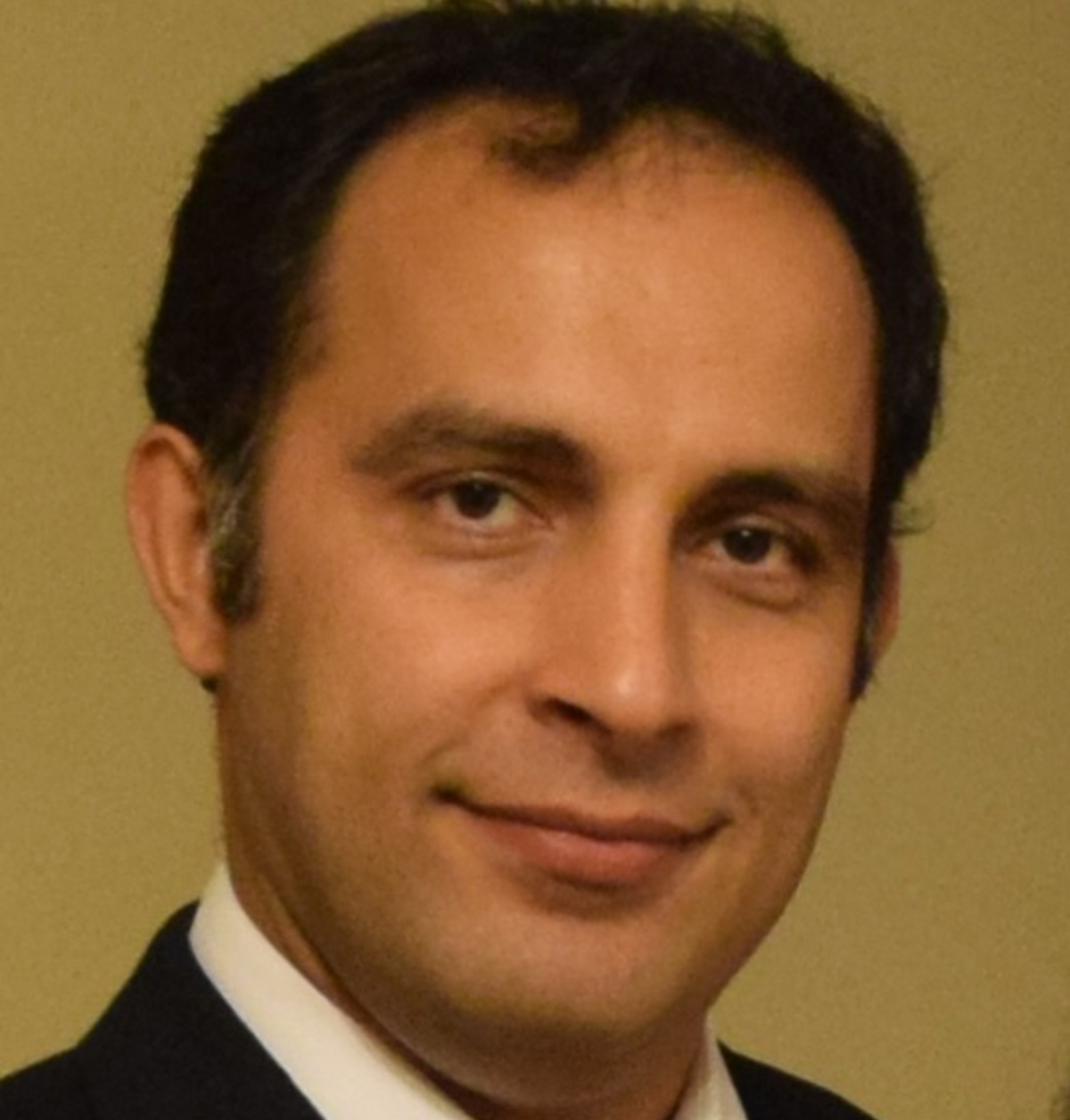
Dr Mojtaba Mahmoodian
Dr Mojtaba Mahmoodian is a Senior Lecturer in Civil and Infrastructure Engineering and is leading research in intelligent monitoring and maintenance of civil infrastructure. He integrates advanced structural assessment techniques with Internet of Things and Artificial Intelligence to create novel solutions for automated and remote monitoring and maintenance of infrastructure. His novel methodologies have been implemented on a wide range of civil infrastructure including bridges, pipelines, roads, ports and energy infrastructure. Mojtaba's strong track record within the field of smart infrastructure has been the result of continuous and efficient collaborations with industry.
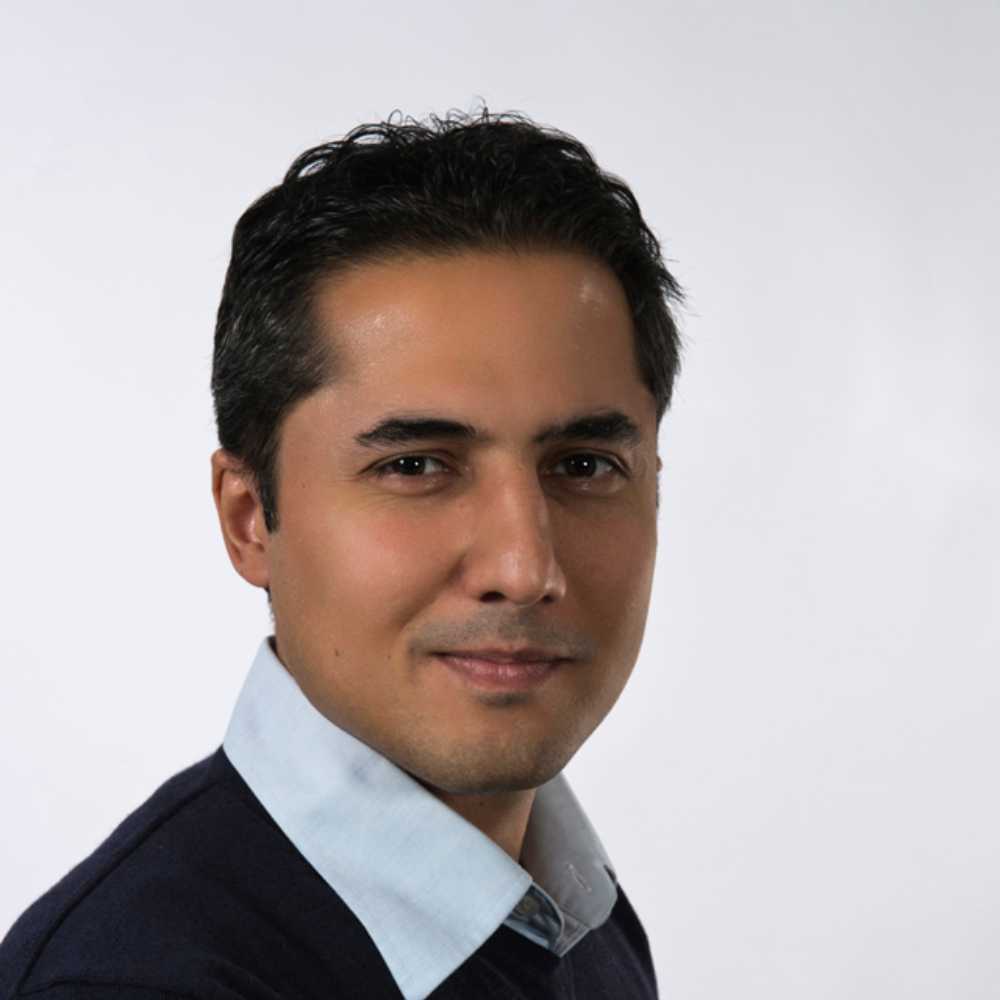
Dr Payam Pirzadeh
Dr Payam Pirzadeh is a Lecturer in the School of Property, Construction and Project Management. He undertakes applied research in collaboration with private and public sector construction organisations. Payam’s research has explored design for construction health and safety (safety in design), measuring and managing health and safety performance on large infrastructure projects, and mass-haul environmental impact minimisation on road and rail construction projects. He has received prestigious awards including the RMIT Prize for Research Excellence (2019) and the Chartered Institute of Building (CIOB) Research Award.
Advisory Board

Andrew Maher (Chair)
Chief Client and Growth Officer, Aurecon

Kate Dundas
UN Global Compact Network Australia

Alison Scotland
Chief Executive Officer, Australian Sustainable Built Environment Council

Stefano Scalzo
Director, Frontend Advisory

Damien Crough
Co-Founder and Executive Chairman, prefabAUS

April Muirden
Principal Partnerships Officer, Residential Efficiency Scorecard, Department of Energy, Environment and Climate Action
Members
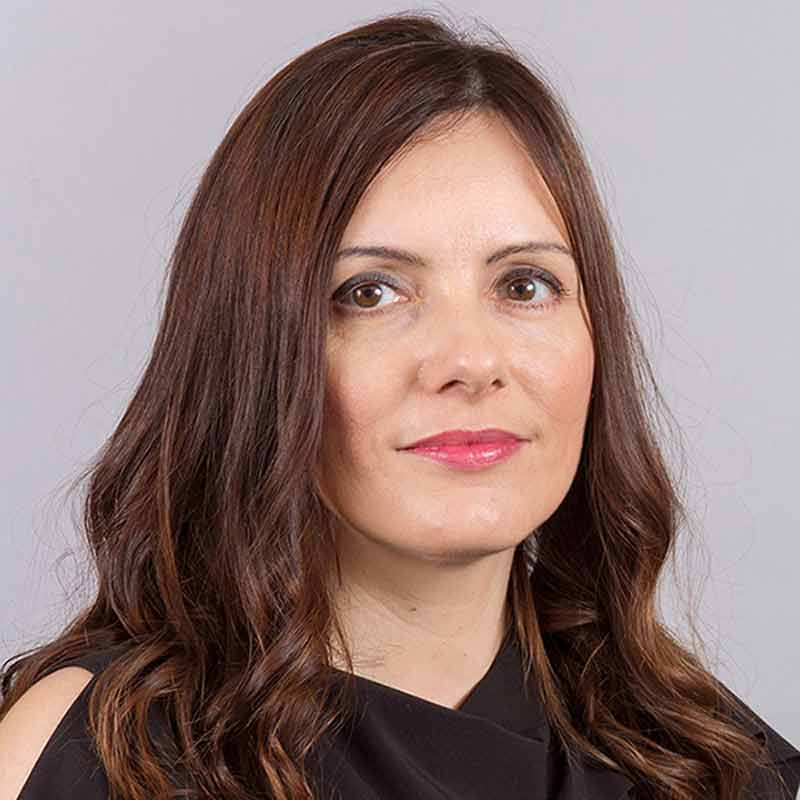
Professor Alisa Andrasek
Professor Alisa Andrasek is an award-winning design leader bridging between design, technology and ecology. She is bringing complexity science, AI and robotics to the forefront of design in the context of systemic planetary challenges. Founder of Biothing, Bloom Games, and AIARCH - design synthesis platforms at the intersection of the physical and digital, for integrative solutions in the built environment as an ecology of complex systems, her work introduced discretisation and open synthesis between data, AI and human intent in design processes.
Professor at RMIT School of Architecture, with prior positions at Bartlett UCL, Architectural Association, Columbia University and European Graduate School.
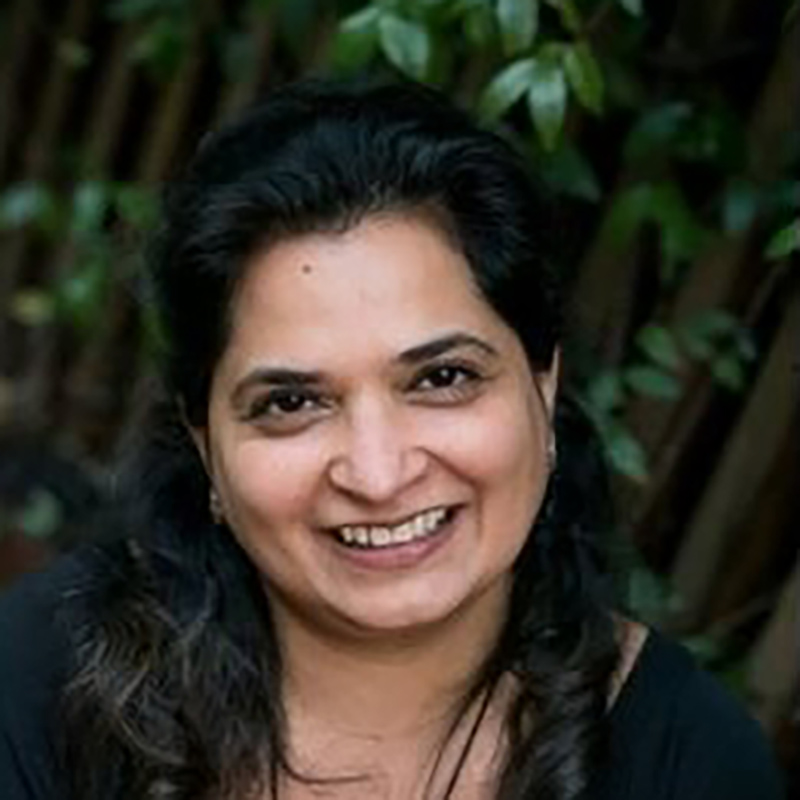
Dr Bhavna Middha
Bhavna is an environmental sociologist and social practice theorist. Her research area is sustainable consumption for a low carbon society, which she has investigated through studying food, energy, built environment and waste. Focusing on spatialities and just transitions, Bhavna’s work has explored and advanced the practice perspective in sustainable consumption. A strong focus of her work has been on qualitative research methods, including digital ethnography. Bhavna is a Research Fellow in the ARC Research hub for Transformation of Reclaimed Waste Resources to Engineered Materials and Solutions for a Circular Economy (TREMS). Bhavna will start her ARC DECRA fellowship in 2024.

Dr. Ding Wen 'Nic' Bao
Dr. Ding Wen 'Nic' Bao is Lecturer in Architecture and Architecture Technology Stream Coordinator at the School of Architecture and Urban Design, RMIT University. His research explores design methodologies for establishing a complementary relationship among performance architecture, sustainable design, structural optimization, behavioral algorithms, additive manufacturing, robotic fabrication, and intelligent construction. He has published over 40 high-impact articles and secured several competitive research grants including Australian Research Council (ARC) and industry partners. Dr Bao is also an award-winning architect (ARBV, RAIA, RIBA, NCARB), who directs BW Architects (BWA), Wonderform Studio and FormX Tech and serves as a partner of Ameba Engineering.
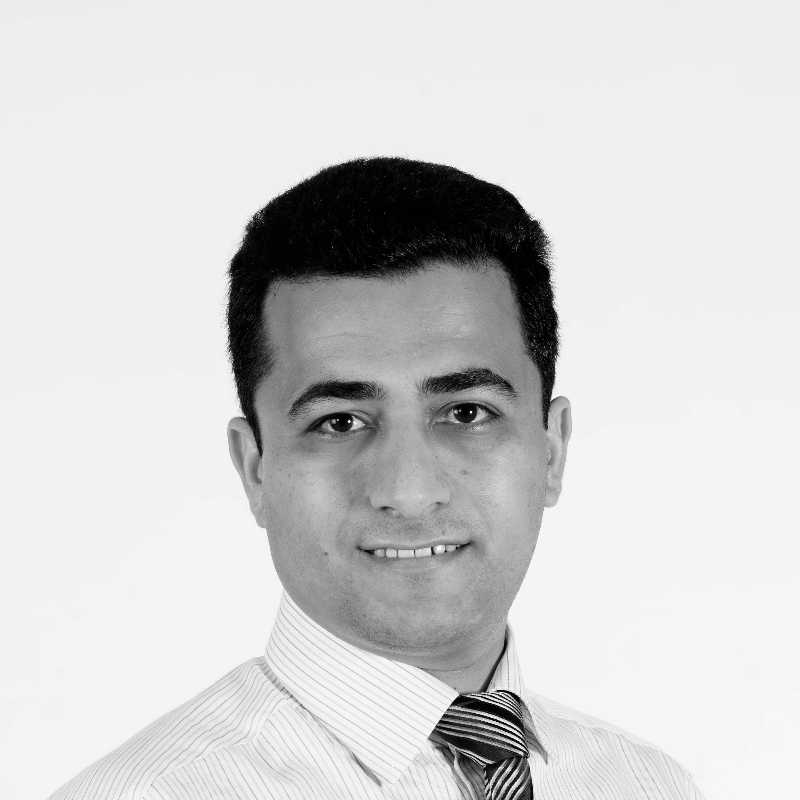
Associate Professor Ehsan Gharaie
Ehsan Gharaie is an Associate Professor of Construction Project Management and an expert on the Australian housebuilding industry who focuses on the industry’s capacity to provide new and timely housing supply and barriers to innovation. He has been a Chief Investigator in ARC, AHURI, and industry funded research projects and has a strong track record of leading multidisciplinary and cross-university research teams.

Associate Professor Guillermo Aranda-Mena
Dr Aranda-Mena is Associate Professor in Sustainable Design and Constuction Innovation at RMIT University. Since 2012 he holds a UNESCO Professorial Chair in Architectural Design and Heritage at Politecnico di Milano where he also represents Australia on the drafting of international research and guidelines for architectural intervention of World Heritage Sites. Through UNESCO Aranda-Mena has also incorporated Building Information Modelling as a method for architectural appraisal and early-stage evaluation of project feasibility and multi-criteria decision-making of interventions to world heritage sites. Dr. Aranda-Mena researches topics of creative interventions, decision-making and value creation, from historical buildings to post-industrial urban regeneration precincts.
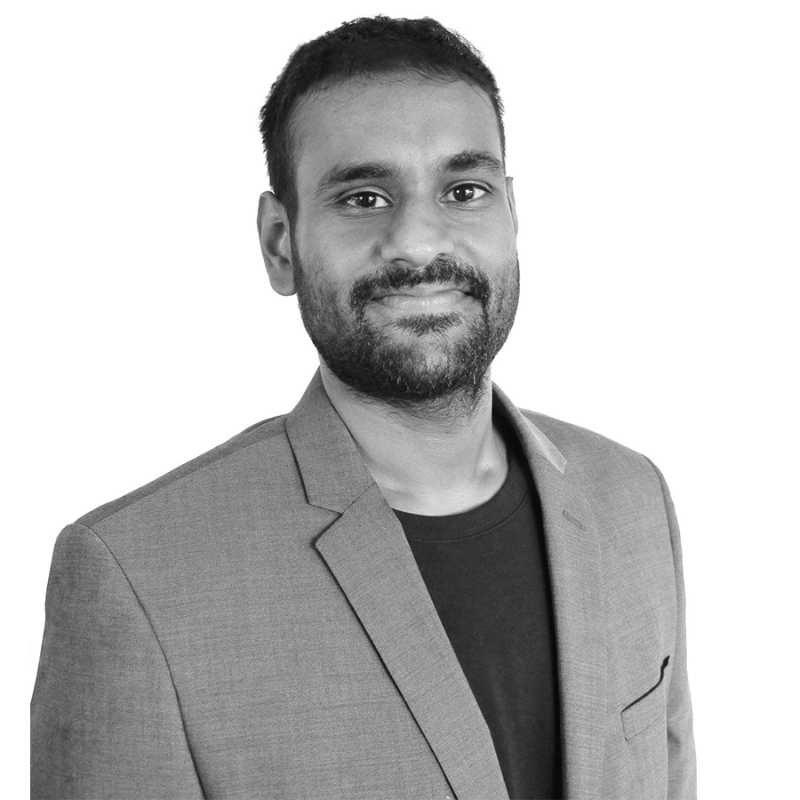
Ian Nazareth
Ian Nazareth is an architect, researcher, and educator. Ian is a lecturer in Architecture at the School of Architecture and Urban Design, and the director of TRAFFIC - a design and research practice working across architecture, urbanism, and computation. Ian is also the co-director of the Urban Futures Office (UFO) and was previously the Program Director and Head of Urban Design at RMIT.
Ian’s projects and research have been published, awarded, and exhibited locally and internationally. Most recently, his research has been featured at the Italian Pavilion at the Venice Architecture Biennale, Tallinn Architecture Biennale, Hong Kong & Shenzhen Bi-City Biennale of Urbanism / Architecture, the Barcelona Architecture Festival, and the Media Architecture Biennale.

Konstantina Vasilakopoulou
Konstantina Vasilakopoulou is an architect with post-graduate qualifications in lighting and environmental engineering. Konstantina has worked as an architect and a sustainability expert for over 15 years. She has also worked as a research-focused academic at the National Kapodistrian University of Athens and at the School of the Built Environment, Faculty of Arts, Design and Architecture UNSW Sydney, where she led the Home Modification Information Clearinghouse and the Liveability Lab. She is currently a Vice Chancellor’s Postdoctoral Fellow at RMIT University. Konstantina is passionate about sustainability and healthy environments and possesses comprehensive industry knowledge in the impacts of the built environment on wellbeing, sustainable design, and architecture with a focus on the inclusivity of vulnerable populations.
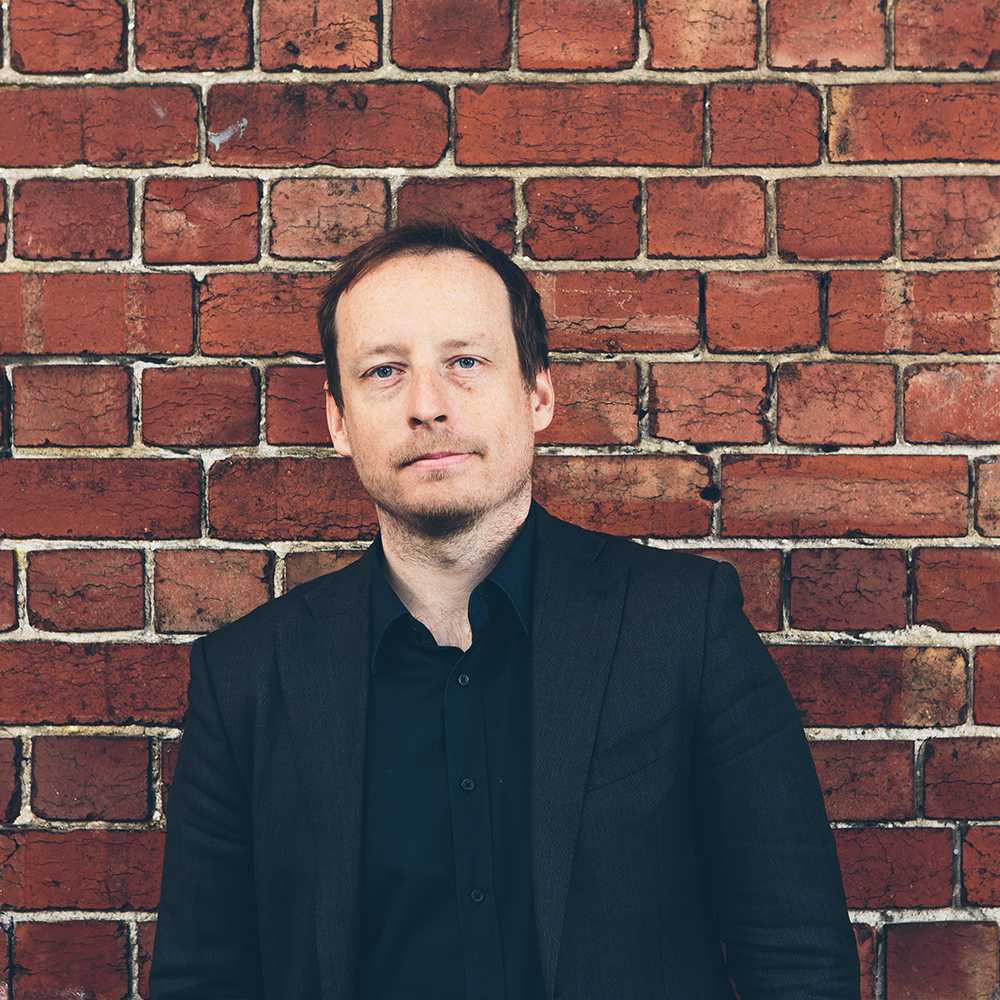
Dr John Doyle
Dr John Doyle is a Senior Lecturer in the School of Architecture and Urban Design, and Program Manager of the Master of Architecture program at RMIT University. He is a registered practising architect and partner at Common. John’s research practice uses architectural design tools to explore innovative models for urban design. Recently, his research has focused on rapid urbanisation in megacities throughout Asia. This research has developed a series of high-density urban models to address the challenges related to climate change, as well as equity, affordability, and food security. His work has been exhibited widely, including at the Shenzhen, Seoul, Rotterdam, Tallinn and Venice architecture biennales. He is the co-author of “Supertight: Models for Living and Making Culture in Dense Urban Environments,” and “House Precinct Territory: Design Strategies for the Productive City.” In 2022 he was awarded the RMIT Award for Research Excellence (Design) – Early Career Researcher.
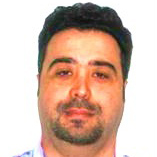
Dr Koorosh Gharehbaghi
Dr Koorosh Gharehbaghi has worked as an academic and Professional [Transportation] Engineer in both the Public and Private sectors. He has been employed in various municipalities and some large private organisations, specializing in heavy construction. His past projects vary from High Rise Buildings to Civil Construction including Roads and Bridges. Koorosh is currently involved with the Transport for NSW and Department of Transport (Victoria) as a senior technical advisor working on various civil Infrastructure projects such as Sydney Metro, and recently Suburban Rail Loop. He has also conducted various independent short courses for professional bodies such as John Holland and VicRoads.
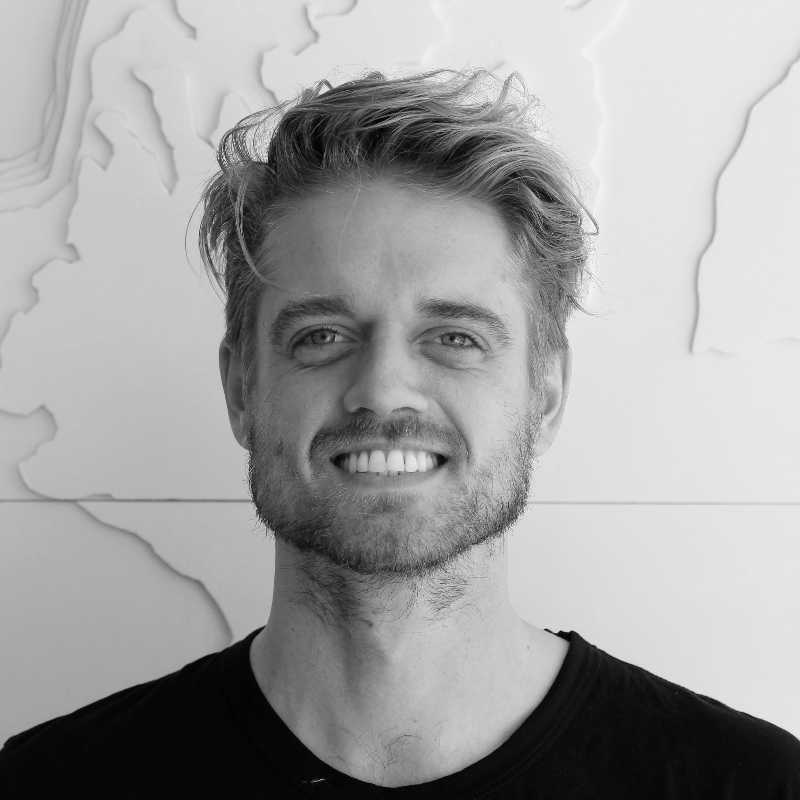
Dr Kyle Bush
Kyle’s practice focuses on post-mining landscapes and critical design pedagogies, cultivating cultures of design practice centred on co-production and relationality. He has worked collaboratively on projects that engage with the exclusion of various communities from shared processes and narratives, aiming to build capacity and distribute agency during periods of transition. Collaborators have included the Mine Land Rehabilitation Authority (MLRA), Engie Australia, MPavilion, Melbourne Design Week, QUT Art Gallery, Landscape Australia magazine, the RMIT Design Archives, and colleagues in RMIT Landscape Architecture.
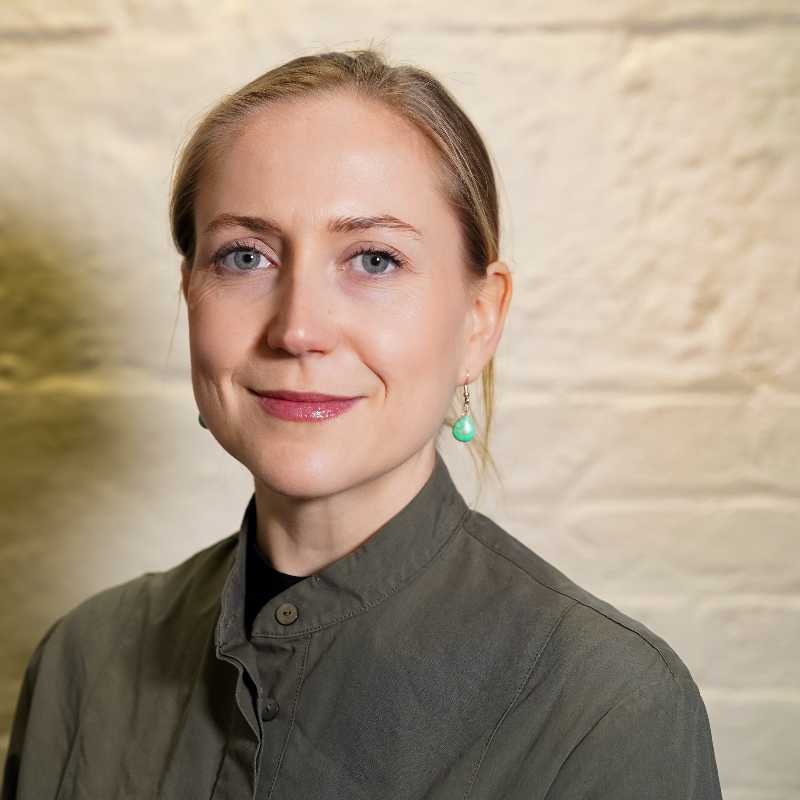
Dr Louise Dorignon
Dr Louise Dorignon is a geographer and a Vice-Chancellor's Postdoctoral Research Fellow at RMIT University, Centre for Urban Research. She specialises in the production, lived experience and urban outcomes of apartment housing in Australia and Europe. Louise’s current research focuses on modular apartment prefabrication to analyse how it can enable the production of more sustainable and affordable homes and support everyday experiences of post-carbon housing.
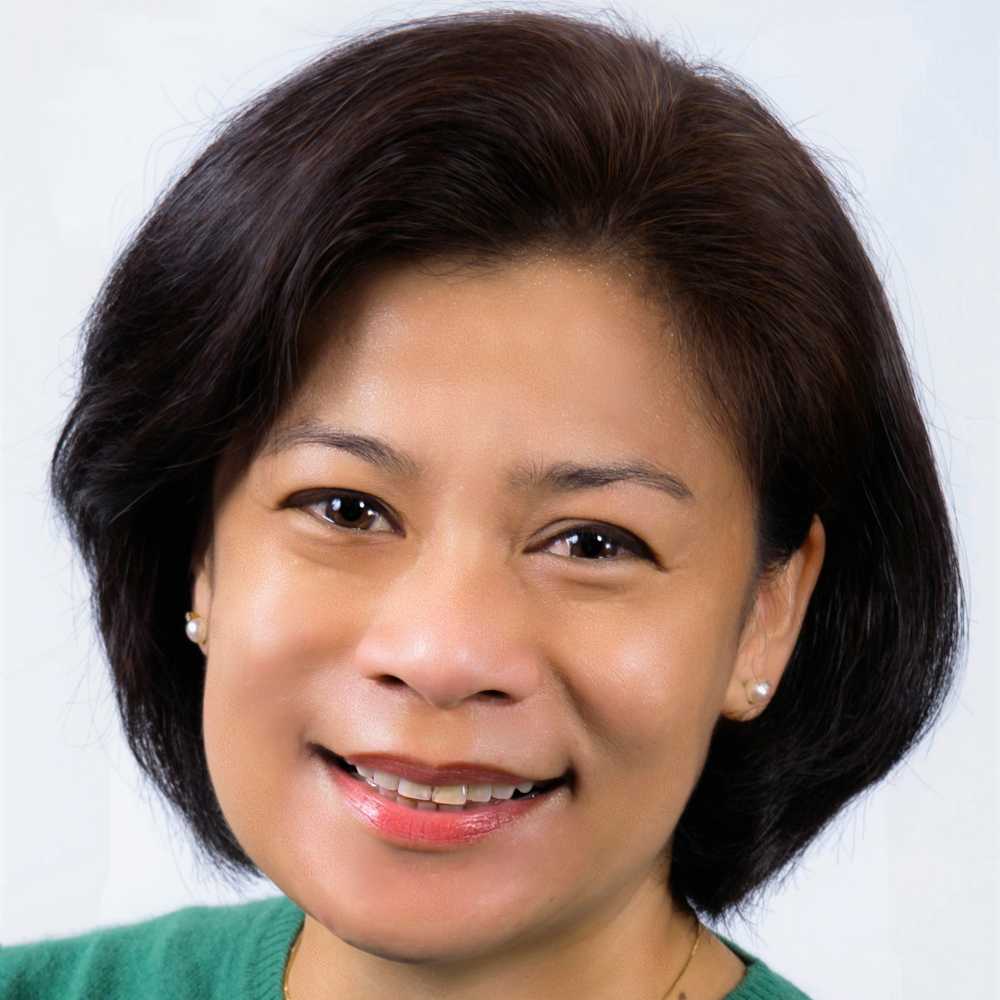
Dr Mary Myla Andamon
Mary Myla Andamon is Senior Lecturer in Construction Management at the School of Property, Construction and Project Management (PCPM) at RMIT University (Melbourne) and teaches in construction, design and building physics. Her building/architectural science research with the Sustainable Building Innovation Laboratory (SBi Lab) explores the relevant and topical issues and questions on building pathology and performance, energy efficiency, indoor environmental quality (thermal comfort, indoor air quality) and outdoor microclimates. She is currently working on a number of projects based on monitoring and evaluating building performance, indoor environments and assessment of urban microclimates.
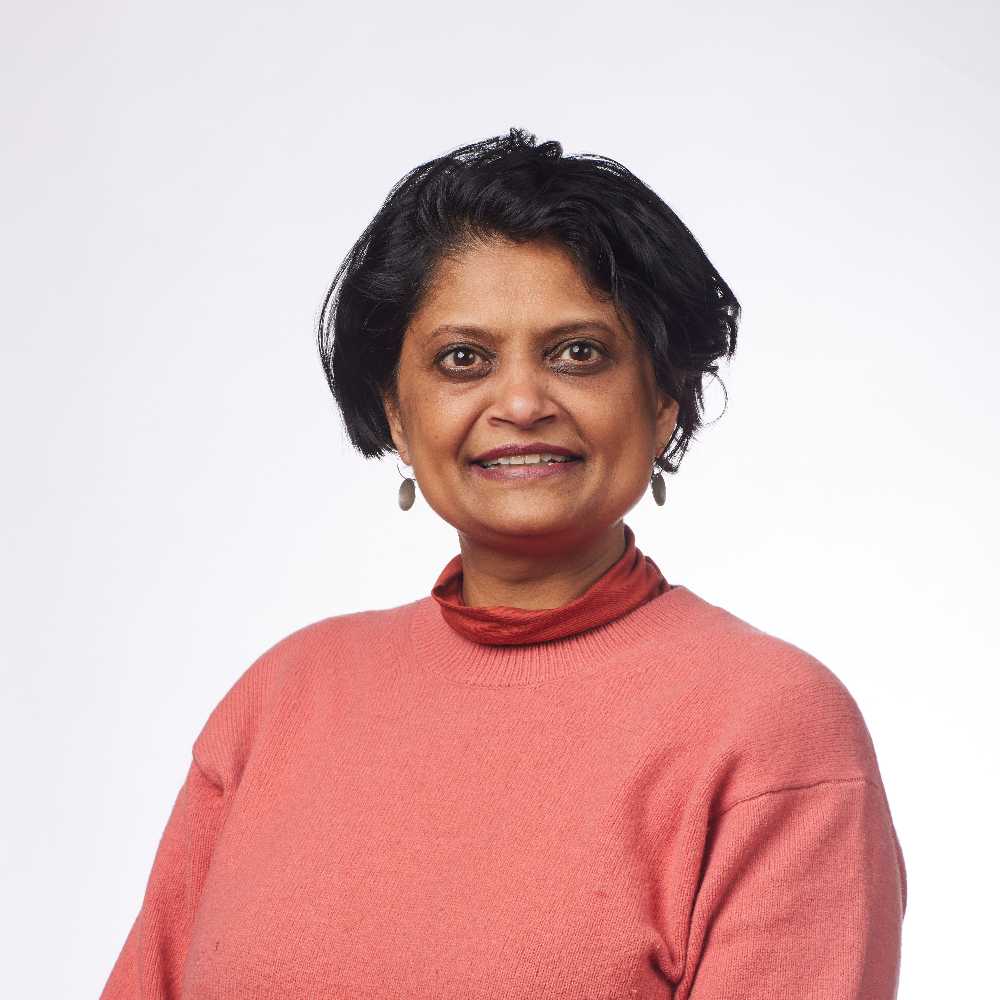
Dr Mittul Vahanvati
Mittul Vahanvati is a co-lead of the Climate Change Transformations research program at the Centre for Urban Futures and a Senior Lecturer in the Sustainability and Urban Planning at Royal Melbourne Institute of Technology, Melbourne, Australia. Her research is situated at the intersection of disaster recovery planning, housing reconstruction and community resilience for climate change adaptation.
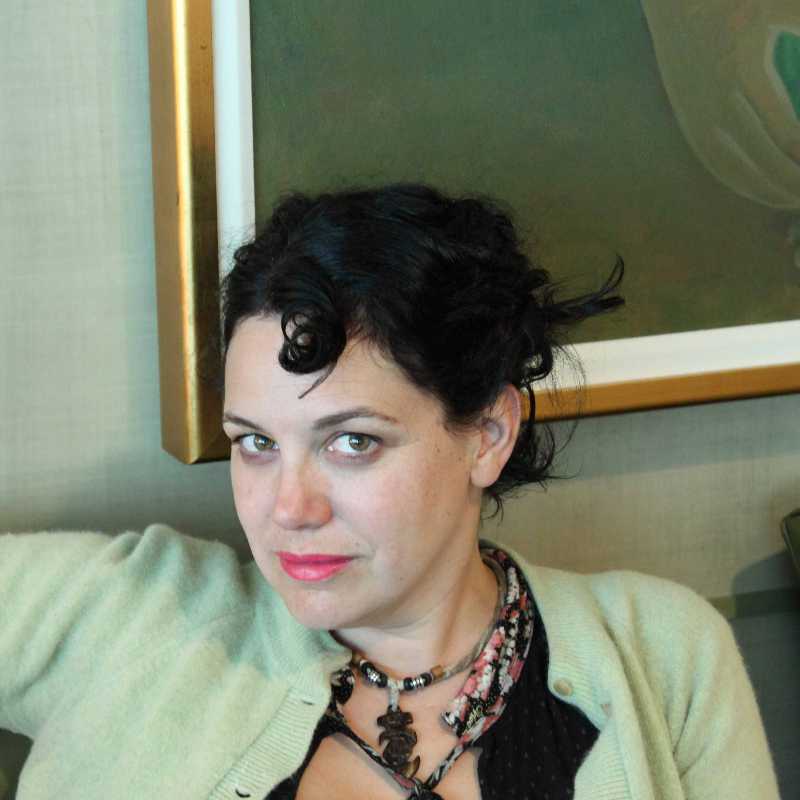
Dr Nancy Mauro-Flude
Dr Nancy Mauro-Flude is a digital caretaker and a critical media theorist propelling the values of 'permacomputing' towards broader public engagement. Her research explores the multispecies relations between people, place and ecologies, concentrating on the resilient capacities of communities. Nancy’s expertise in feminist methods of awareness raising of reuse and repair and cooperative traditions (i.e., combining yarning and digital literacy sewing circles) explores the potential of emergent technology through co-designing sensitive strategies (including community holistic computing networks).
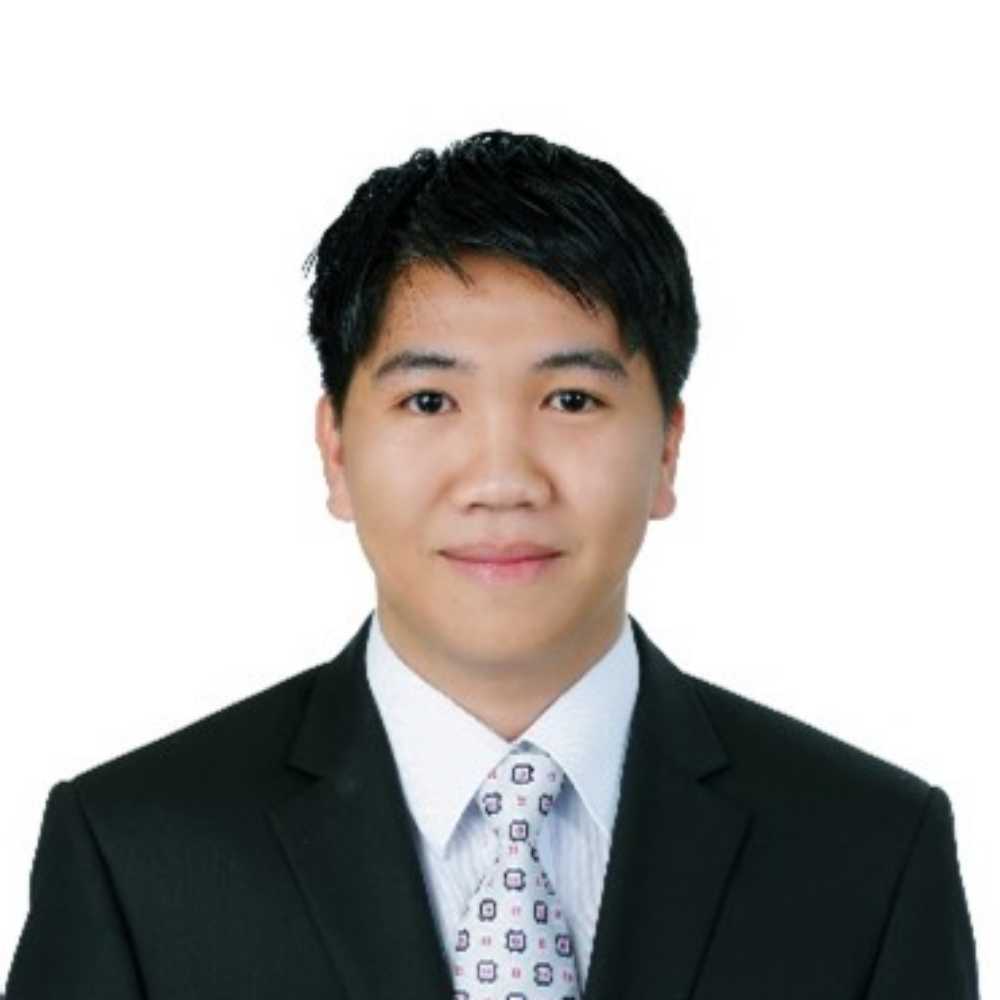
Dr Ngoc San Ha
Dr Ngoc San Ha is a Lecturer in Civil and Infrastructure Engineering at RMIT University. He received his PhD degree in Engineering with a specialisation in structural mechanics at Konkuk University with an outstanding graduation award in 2014. His scholarly journey has been marked by significant periods as a Sessional Lecturer and Research Fellow at Latrobe, Swinburne, and Curtin Universities. Dr. Ha's expertise spans bio-inspired structures, energy-absorbing materials, mechanical metamaterials, and resilience under extreme conditions. Currently, he is leading pioneering research into the repurposing of waste materials by transforming beverage cans, cardboard, EPS foam, and plastic straws into groundbreaking protective structures.
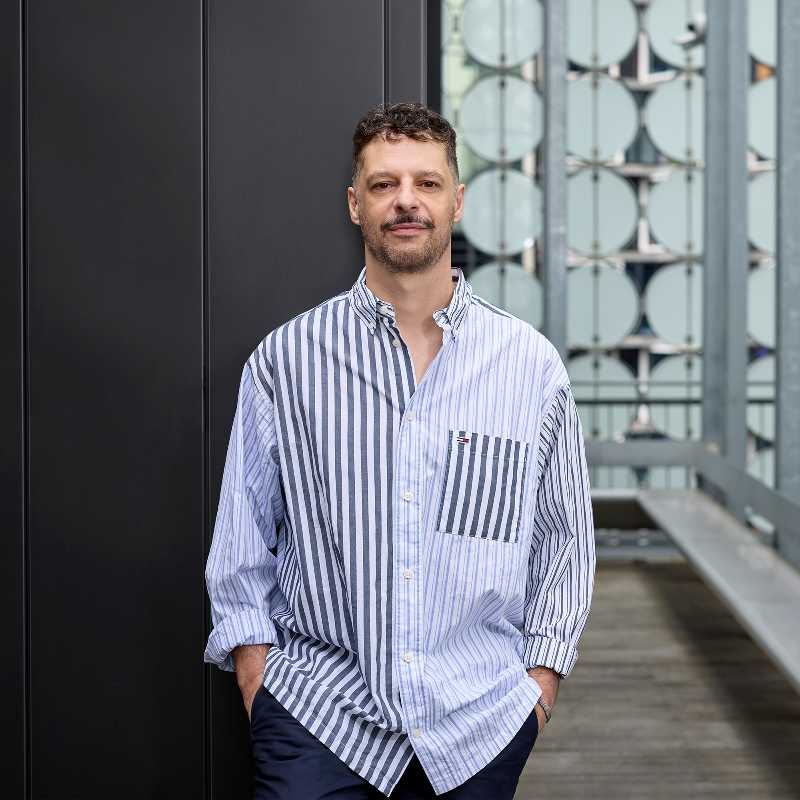
Dr Olivier Cotsaftis
Dr Olivier Cotsaftis (PhD, MBA) is a transdisciplinary researcher exploring pathways towards circular, regenerative and more-than-human futures. At RMIT University School of Design, his work is broadly focused on the materiality, aesthetics, politics and economics of sustainability in the 21st century, and he has a specific interest in next-gen biomaterials and their application in architecture and design. Before joining RMIT, Ollie spent 10 years in Industry, engaging with start-ups, not-for-profits, governments and blue-chip companies. He was a design lead at Fjord Design and Innovation and the founder of future ensemble studio. Most recently, Ollie also joined the editorial board of Research Methods: Biotechnology Design (Cambridge Press, UK).
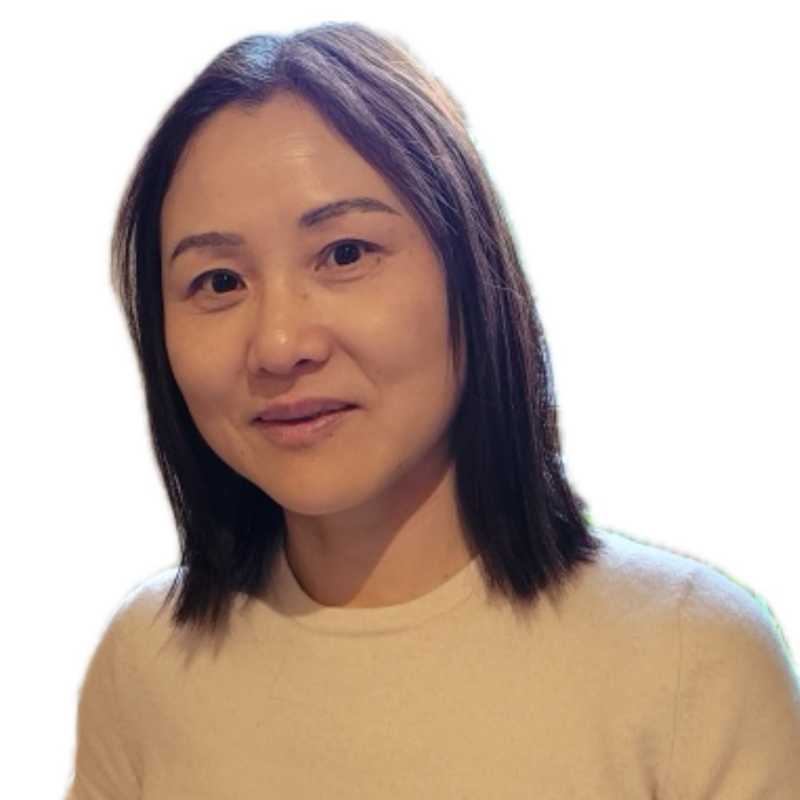
Associate Professor Qian (Chayn) Sun
Dr. Qian Sun, Associate Professor of Geospatial Sciences at RMIT University, is an interdiciplinary researcher specializing in spatial and statistical analysis and modeling, AI, and GIS applications. With a primary focus on urban informatics, GeoAI, and human-environmental interactions, she leads the "Geospatial Informatics and Intelligence" (GISail) research group. Dr. Sun champions interdisciplinary collaboration by leveraging cutting-edge geospatial technologies to address social-environmental challenges. Having authored over 60 research papers, her work underscores advanced GIS applications in solving issues related to urban planning, climate change, and human behavior analysis.
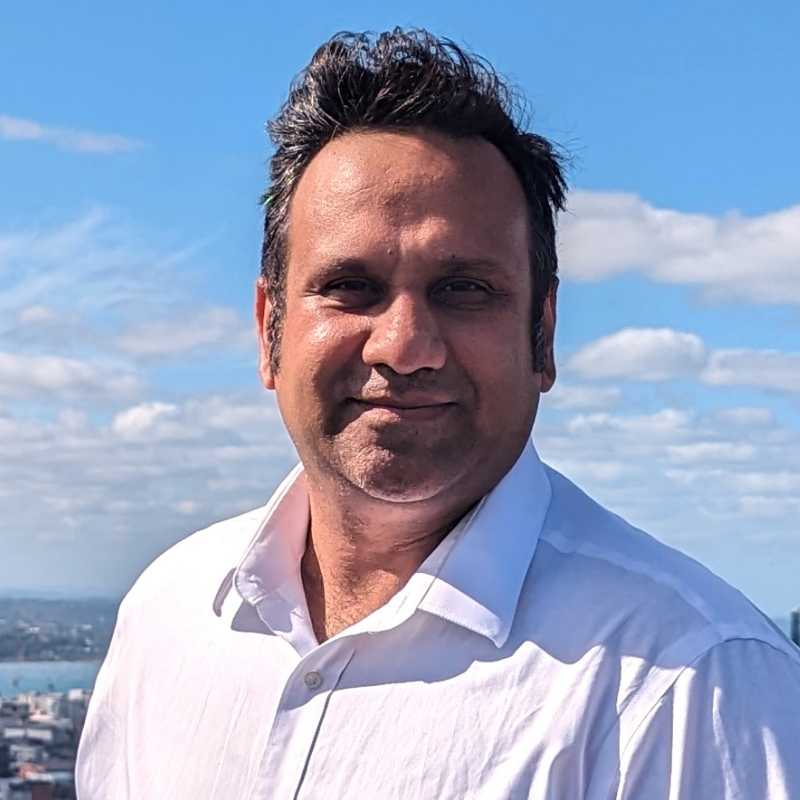
Dr Salman Shooshtarian
Dr Salman Shooshtarian holds a PhD in the Built Environment and is currently working as a senior lecturer at the School of Property, Construction, and Project Management at RMIT University. He is an active researcher in the fields of sustainability, circular economy, and C&D waste management. He has experience in designing and performing multiple empirical research projects (as a research project manager). He has established collaborations with different research teams for several research projects investigating C&D waste management issues. Dr Shooshtarian excels at driving impactful research and translation initiatives by leveraging his extensive connections within the industry and government sectors.
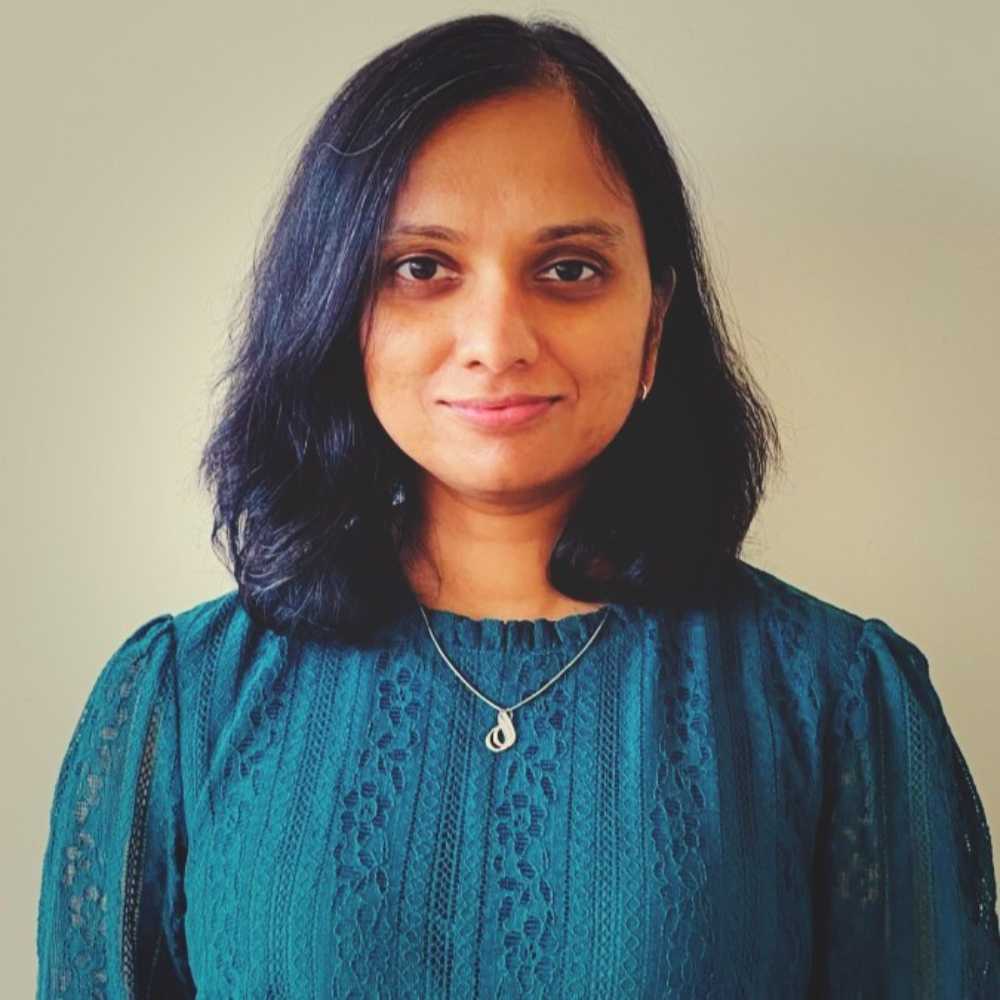
Pabasara Wijeratne
Dr. Pabasara Wijeratne is a Postdoctoral Research Fellow at the School of Property, Construction, and Project Management at RMIT University. She holds a PhD in Built Environment from RMIT University. She has made contributions to climate change and built environment studies, particularly in the areas of building energy practices, renewable energy and digitalisation in construction. Her research interests encompass householder energy practices, building-integrated photovoltaics, future fuels, energy simulation, machine learning, building information modelling and asset management.
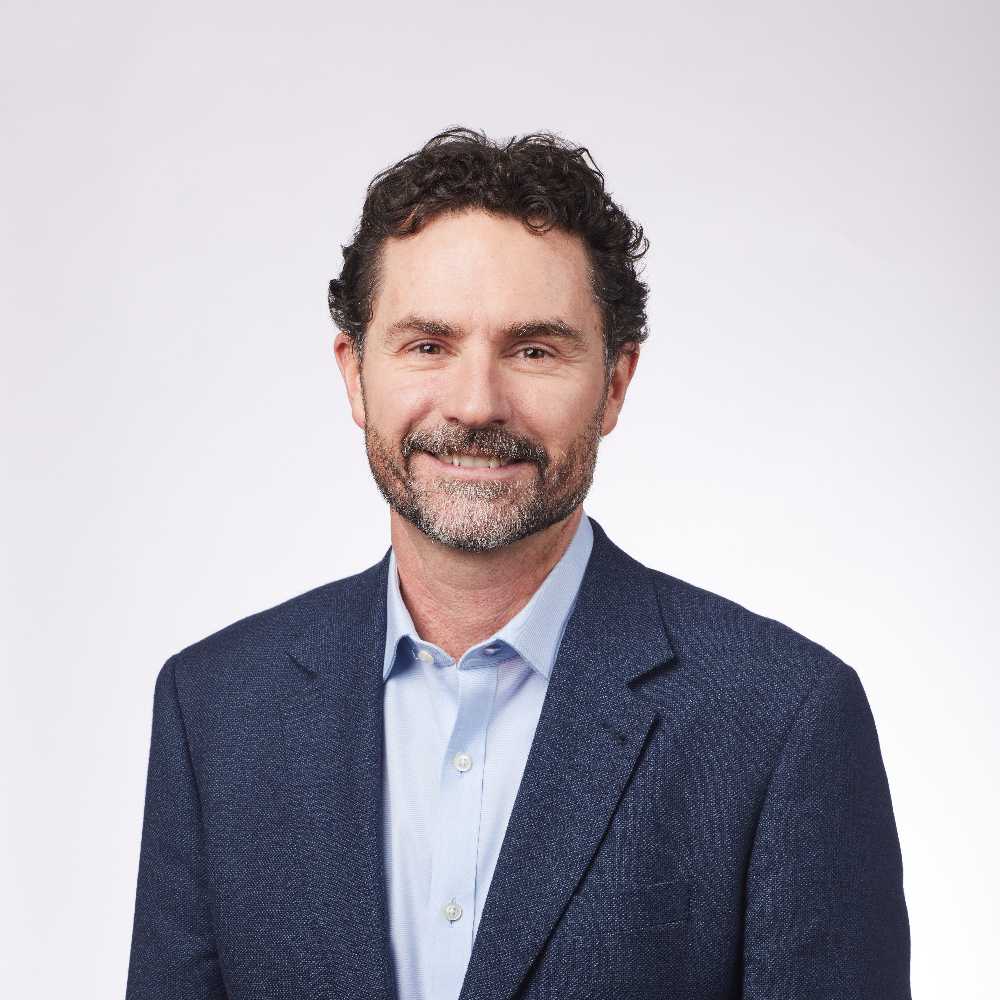
Matthew Francis
Dr Matthew Francis is a Senior Lecturer and researcher with interests stemming from his 15+ years working both as design manager and construction manager in the creation of high-performance buildings across many countries. Fascinated by the intersection of the physics of the built environment with how occupants perceive space and place, he is currently sits on the advisory panel to the WELL building rating, as well as the Air Quality committee for Standards Australia.
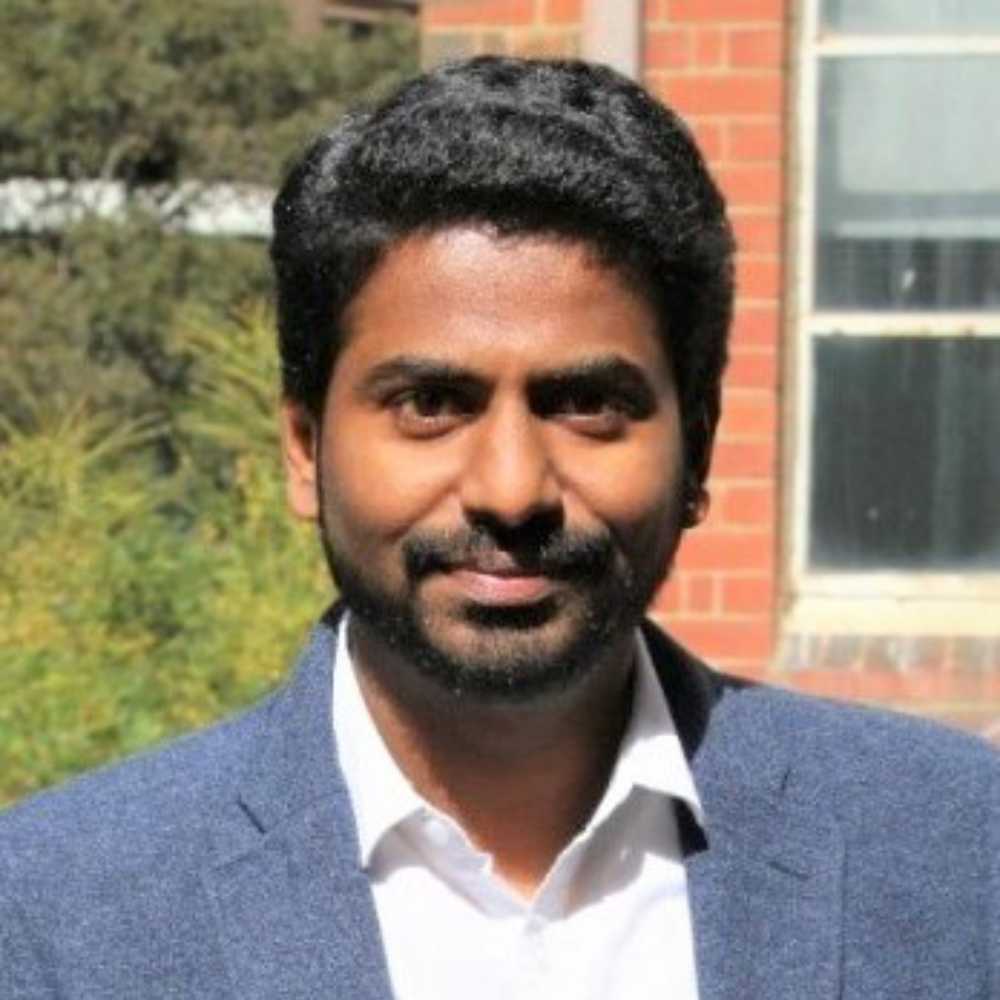
Shanmuga Sundar Dhanabalan
Dr Shanmuga Sundar Dhanabalan is an accomplished researcher with a proven track record in designing, developing, and translating micro- and nano-scale devices. His primary objective is to create next-generation products that enhance quality of life and well-being, making a significant contribution to society. He currently leading a team ‘wearable and connected sensors’ as a theme leader at RMIT University, with a focus on materials, sensors, flexible and stretchable devices, wearables, optics, and photonics. I have engaged with Australian companies such as Sleeptite, nthalmic, and Vlepis in the design, development, and commercialisation of their products to create a significant impact in society. My contributions have enabled awards such as the 2021 KCA Award for Best Industry Collaboration, the AUS 2021 Awards for Excellence in the category of MedTech and Biotechnology for the development of REMi, the InnovationAus 2022 Awards for Excellence for REMi, and grant funding such as CRC-P, ARC Hub, and VMRAF.
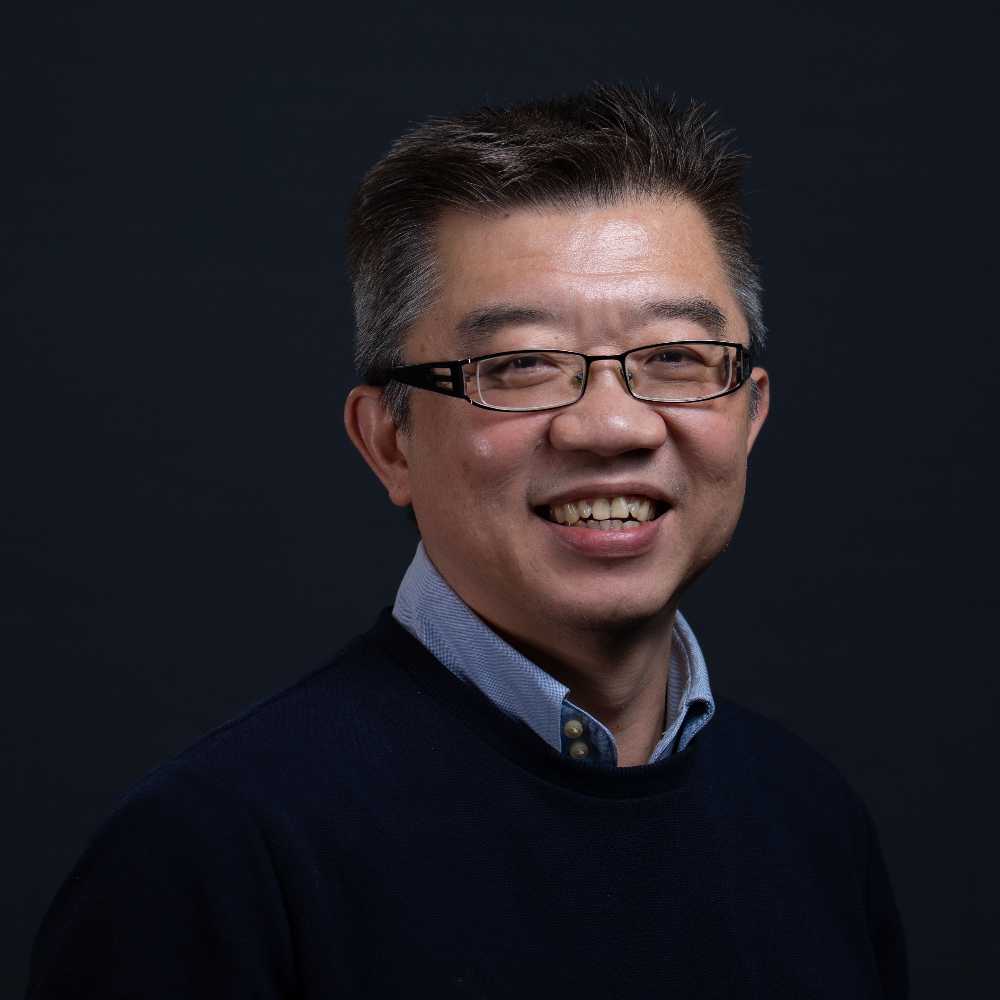
Peng Yew Wong
Dr. Peng Wong is a senior lecturer in the School of Property, Construction and Project Management at RMIT Australia. Prior to his academia career Dr. Peng Yew held senior corporate positions in the USA and Asia, specialising in merger & acquisition exercises and property investment. His research on the key drivers on Australian housing market performances spanned over the past decade since the Global Financial Crisis and he regularly provides expert commentaries to the Australian and international media platforms on housing market's key determinants. Peng has been a lead CI on API housing market research grant and currently held a lead role in promoting the RMIT property school in the Asian region.
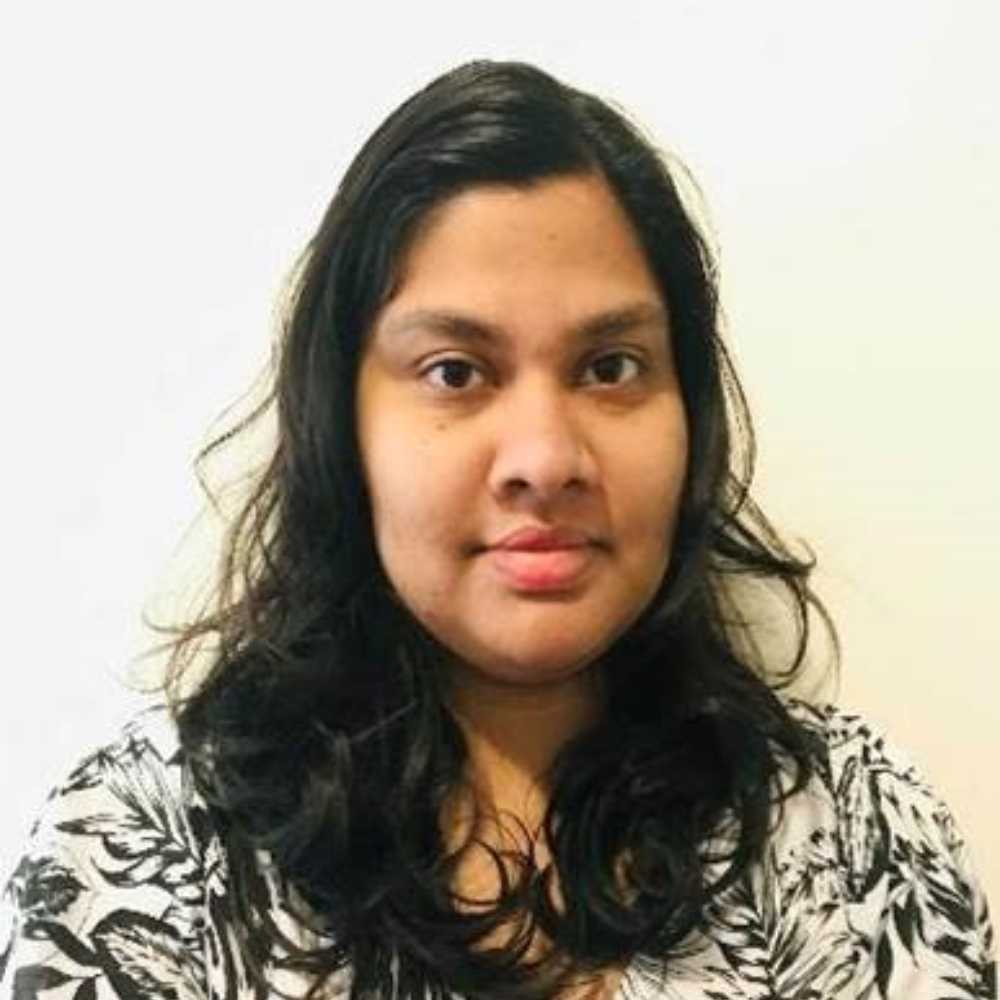
Nilmini Weerasinghe
Nilmini Weerasinghe is a Lecturer in Civil and Infrastructure Engineering at RMIT University in Australia. Her primary areas of expertise include solar building envelopes, asset management, digital technologies, and sustainability in the built environment. As a scholar in the building and construction sector, she is adept in data mining techniques such as modeling and machine learning, as well as MATLAB programming. She collaborates on various research projects with international and local partners and has published numerous research articles and reports to disseminate knowledge to society.

Dr Leanne Zilka
Leanne Zilka is an Architecture Lecturer at RMIT's School of Architecture and Design. Her research spans the multi-disciplinary areas of fashion, textile design, aerospace engineering, material science, business and government research bodies to broaden the advances in material technologies to architectural problems.

Jin Woo
Dr Jin Woo is a Senior Lecturer in the School of Property, Construction and Project Management at RMIT University. She has been involved in local and global post-occupancy evaluation (POE) projects to identify and bridge the building performance gap, with a focus on indoor environmental quality (IEQ). Using a socio-technical approach, she has investigated how the physical environment affects human performance, from building performance through energy and environmental performance to occupant comfort, health, and productivity. Her particular interest is in developing research instruments to measure building occupant responses and their use in building performance evaluation.

David Oswald
Associate Professor David Oswald is the Associate Dean (Learning & Teaching) in the School of Property, Construction and Project Management at RMIT University. He has published over 50 peer-reviewed publications including award-winning work. His recent research has explored residential building materials in a circular economy.
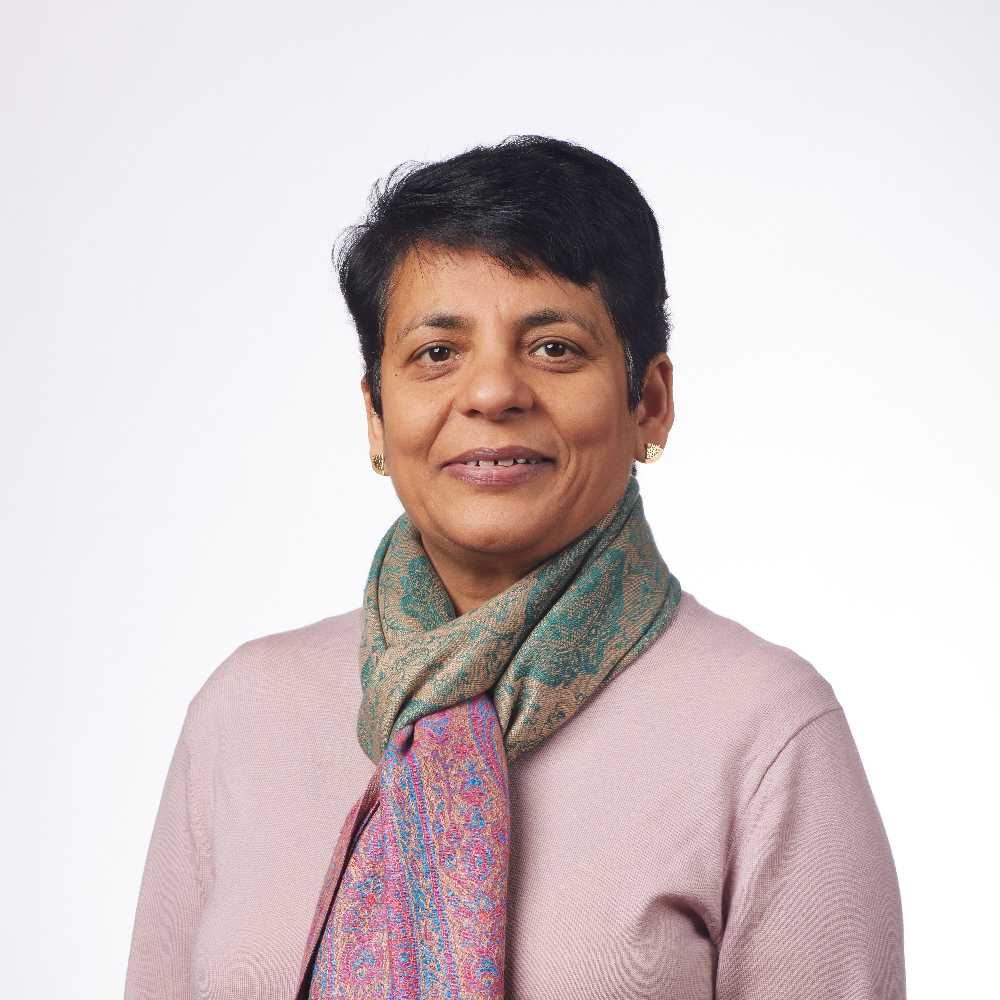
Shilpi Tewari
Shilpi Tewari is a dedicated researcher specializing in urban planning, neighbourhood character and neighbourhood air quality with a passion for improving public health. Through collaborations with academic institutions, government agencies, and community organizations, her current work focuses on analysing air quality data, developing innovative monitoring techniques, and advocating for policies to reduce emissions.
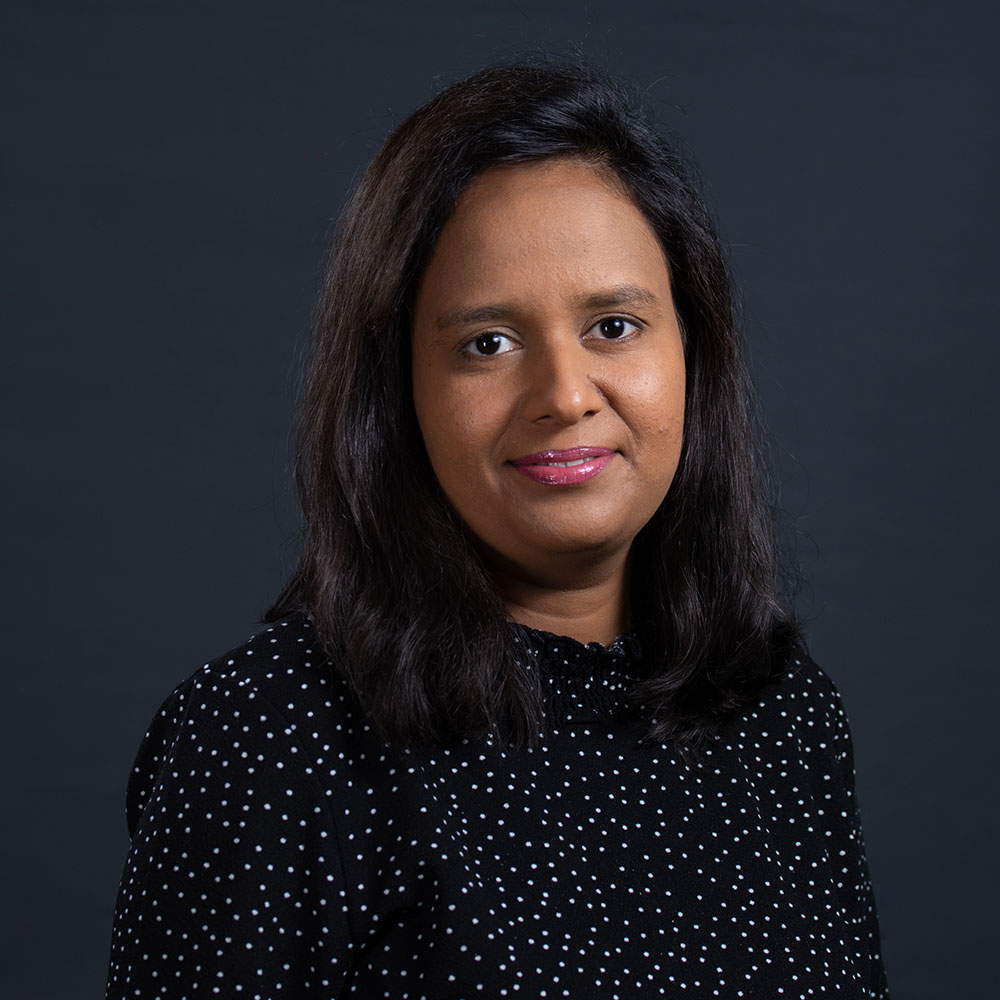
Sajani Jayasuriya
Sajani is a lecturer in the construction management discipline at RMIT University. She completed her doctoral degree at RMIT University in the area of stakeholder management and Public-Private Partnerships. Her bachelor's degree was in Quantity Surveying with a first class from the University of Moratuwa, Sri Lanka. She is a member of the Australian Institute of Quantity Surveyors (AIQS) and she is the school accreditation manager. She has collaborated on research projects locally and internationally. She is an active member of the Solar Energy Application Laboratory (SEAL) at RMIT. She has also worked in the industry and is passionate about finding solutions to industry-based issues. Her research areas include stakeholder management, community engagement, public-private partnerships, embodied carbon calculations, renewable energy transition and affordable housing.

Felipe Jara-Baeza
Felipe is a PhD candidate focusing on indoor environmental quality performance. He is an Architect with two master's degrees in Architectural Science (sustainable design and high-performance buildings) and Built Environment (sustainable development). He has experience in sustainability, energy efficiency, and design in academia, industry, and the public sector.
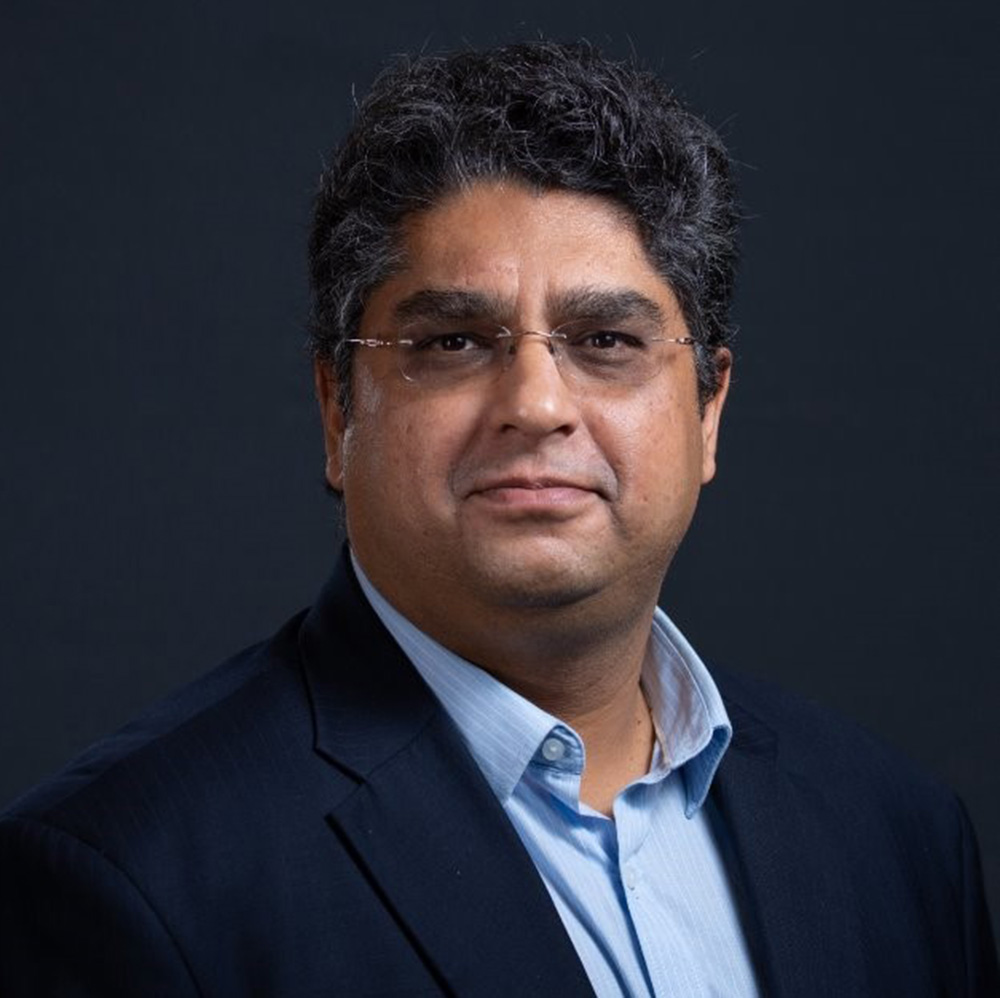
Tayyab Maqsood
Professor Tayyab Maqsood is the Associate Dean (Project Management) at the School of Property, Construction, and Project Management at RMIT University. With robust academic profile, he has co-authored over 150 publications in leading journals and conference proceedings and has contributed to three books on construction waste management in Australia. His research focuses on sustainability, with particular emphasis on construction waste management, the circular economy, and off-site construction. With expertise in both sustainability and off-site construction, Professor Maqsood is uniquely positioned to lead research aimed at optimising these processes to maximise environmental benefits.
Professor Maqsood has built a strong network of industry and government partners through his leadership in numerous industry-funded projects. He also maintains a global network of respected academics through his involvement with The International Council for Research and Innovation in Building and Construction (CIB). As the joint coordinator of the CIB Working Commission W115 on Construction Material Stewardship, he plays a leadership role in advancing international collaboration and knowledge sharing within the sector.
In his academic career, he has successfully supervised 17 PhD students to completion and currently mentors six PhD students specialising in construction waste management and the circular economy.
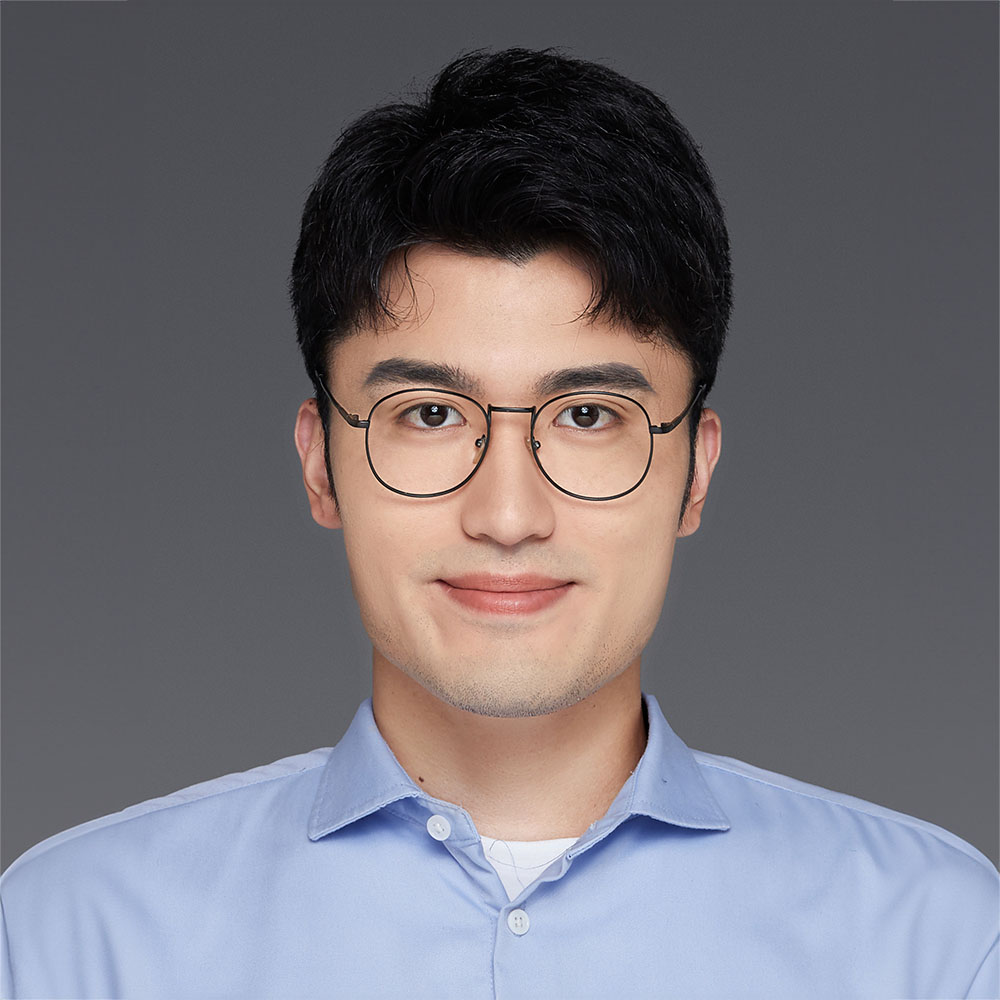
Li Haobo
Dr. Haobo Li is currently a postdoctoral research assistant at RMIT University, specializing in geospatial science, atmospheric remote sensing, and environmental sciences, with a focus on climate, meteorology, and hydrology. He received his first PhD degree in atmospheric science through a joint supervision program between China University of Mining and Technology and the Chinese Academy of Sciences. He then successfully achieved his second PhD degree in geospatial science from RMIT University. Dr. Li's interdisciplinary research plays a critical role in advancing climate resilience and adaptation, while supporting sustainable Earth systems and addressing global environmental challenges.

Daniel Maunders
My practice based research aims to explore the intersection between digital technologies and future ESD practices through the medium of our practice’s architectural design projects.
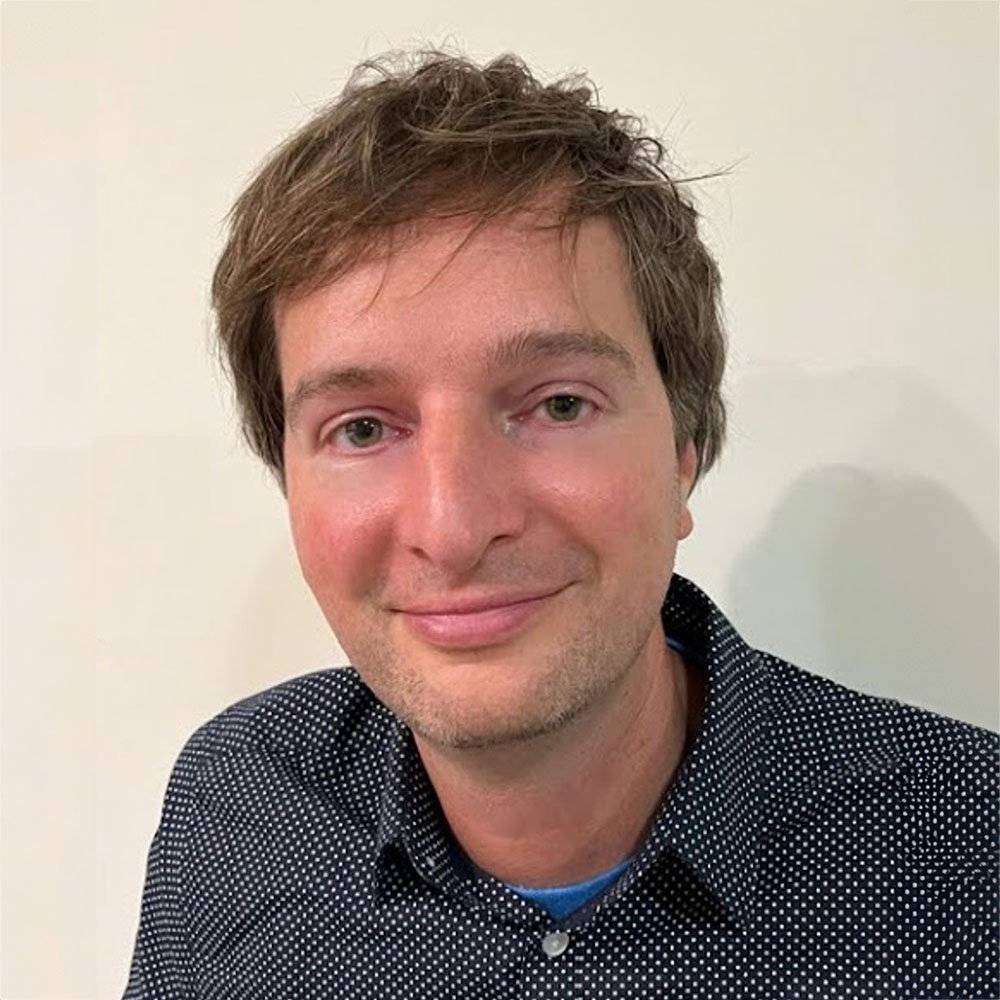
Bart.J.A. van Bueren
Bart’s works are transdisciplinary contributions to sustainability and climate adaptation. These contributions are in high-quality publishing, course developments, teaching, attracting grants, managing projects, industry collaborations and non-traditional outputs (expositions and architectural projects). Highlights include: (1) The Vice-Chancellor Research Excellence Award 2023 at RMIT, the single highest annual award for a PhD. The award was for my PhD comprising five Q1-journal publications, and research impact on the Lismore 2022 floods. (2) Attracting over 1.1 million AUD of project funding from 45 projects, involving international multi-stakeholder projects. (3) A 1100m2 floating pavilion in the harbor of Rotterdam in 2010, originating from his MSc-thesis. Al Gore nicknamed his design the icon of climate adaptation

Iris Levin
Dr Iris Levin is a senior lecturer of urban planning at RMIT University. Iris’s research includes investigations into the interface between migration and the built environment, particularly in cities. She is passionate about working with diverse communities and is interested in housing for disadvantaged communities. She published Migration, settlement and the concepts of home and house (2016, Routledge) and is the lead editor of Migration and Urban Transitions in Australia (2022, Palgrave Macmillan). Iris’s work has been published in key journals in the fields of housing studies, migration studies and urban planning.

Hugh Stanford
Hugh is a post-doctoral researcher with expertise in urban sustainability, planning policy and urban governance. His research focuses on urban planning and how cities can be better designed to improve social and ecological outcomes in the face of urban densification and climate change. His recent work explores how urban green spaces support nature in cities and can promote health outcomes by fostering human-nature interactions.

Dr Nigel Goodman
Dr Nigel Goodman is a Senior Research Fellow in Air Quality and Health. He is an air quality scientist with expertise in reducing human exposure to the sources of indoor and outdoor air pollution. Nigel is a member of the Centre for Safe Air (CSA), and the Healthy Environments and Lives (HEAL) National Research Network, where helps to address the impacts of air pollution associated with climate and environmental change on human health. Nigel is a former recipient of a Vice-Chancellor's Postdoctoral Fellowship from RMIT University, and also has an honorary position at CSIRO Environment, where he works closely with leading air quality scientists. Nigel’s research interests include indoor air quality (IAQ), volatile organic compounds, fine and ultrafine particulate matter, air purification technologies, low emission building materials, and low emission consumer products.

Dr Sarah Robertson
Dr Sarah Robertson is a Research Fellow, Human Geographer and Deputy Associate Director, Regenerative Environments and Climate Action, in RMIT’s Centre for Urban Research. Her work focuses on human-environment relations, housing and climate justice, particularly uneven and gendered experiences of place, summer heat and sustainable and low carbon urban transitions.
Sarah has experience coordinating and securing research funding on climate justice and summer heat, human-nature relations in cities, and housing-energy justice. She has led the design and delivery of projects on housing retrofit, families experiences during summer in Melbourne’s northern suburbs.

Konstantina Vasilakopoulou
Konstantina Vasilakopoulou is an architect with post-graduate qualifications in lighting and environmental engineering. Konstantina has worked as an architect and a sustainability expert for over 15 years. She has also worked as a research-focused academic at the National Kapodistrian University of Athens and at the School of the Built Environment, Faculty of Arts, Design and Architecture UNSW Sydney, where she led the Home Modification Information Clearinghouse and the Liveability Lab. She is currently a Vice Chancellor’s Postdoctoral Fellow at RMIT University. Konstantina is passionate about sustainability and healthy environments and possesses comprehensive industry knowledge in the impacts of the built environment on wellbeing, sustainable design, and architecture with a focus on the inclusivity of vulnerable populations.

James Wong
James has worked in academia for a number of years and has expertise in whole building performance assessment, sustainable building designs, building simulation and performance analysis, high performance building facades and advanced building construction technologies. Using computer analytical modelling, he has been involved with the environmental assessment of retrofit initiatives for a range of residential and commercial buildings in Australia and New Zealand which have heritage values. His research interests are sustainable building designs and construction technologies, energy efficiency and building science.

Sarah Sinclair
Dr Sarah Sinclair is an applied economist at RMIT University, specializing in housing markets, financial inclusion, and digital transformation. Her research explores housing affordability, gender-responsive policy, and sustainable housing finance, with recent work on green real estate financing, mortgage stress, and blockchain applications in property markets. She collaborates widely with industry partners.

Amir Sidiq
Dr Amir Sidiq is a Research Fellow at RMIT University, Australia. He obtained his first degree in 2012 followed by his masters degree in 2016 and PhD degree in 2021 at RMIT University. He has 2 years of industrial experience in geotechnical engineering in Australia and has conducted multidisciplinary research. His research areas are construction materials investigation, structural design, asset management and structural digital twin development. His research output through scientific articles, conferences and industrial magazines displays significant results. He also has teaching experience of more than 2 years at the Tertiary level.
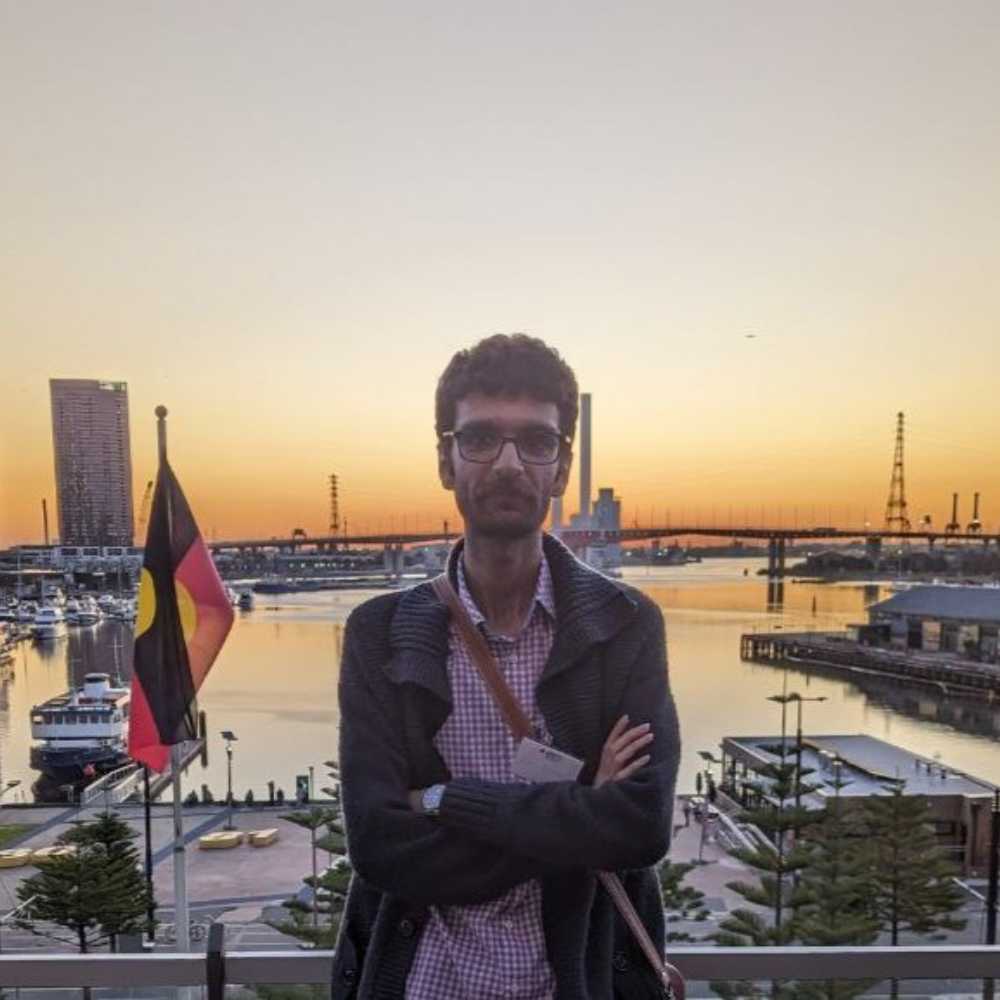
Moein Behzad
Moein Behzad is a PhD candidate in the School of Property, Construction, and Project Management at RMIT University. He holds a master's degree in Urban Planning. His research interests are social conflict management in the context of construction and demolition waste, and circular economy in the construction sector, especially the application of products with recycled content.
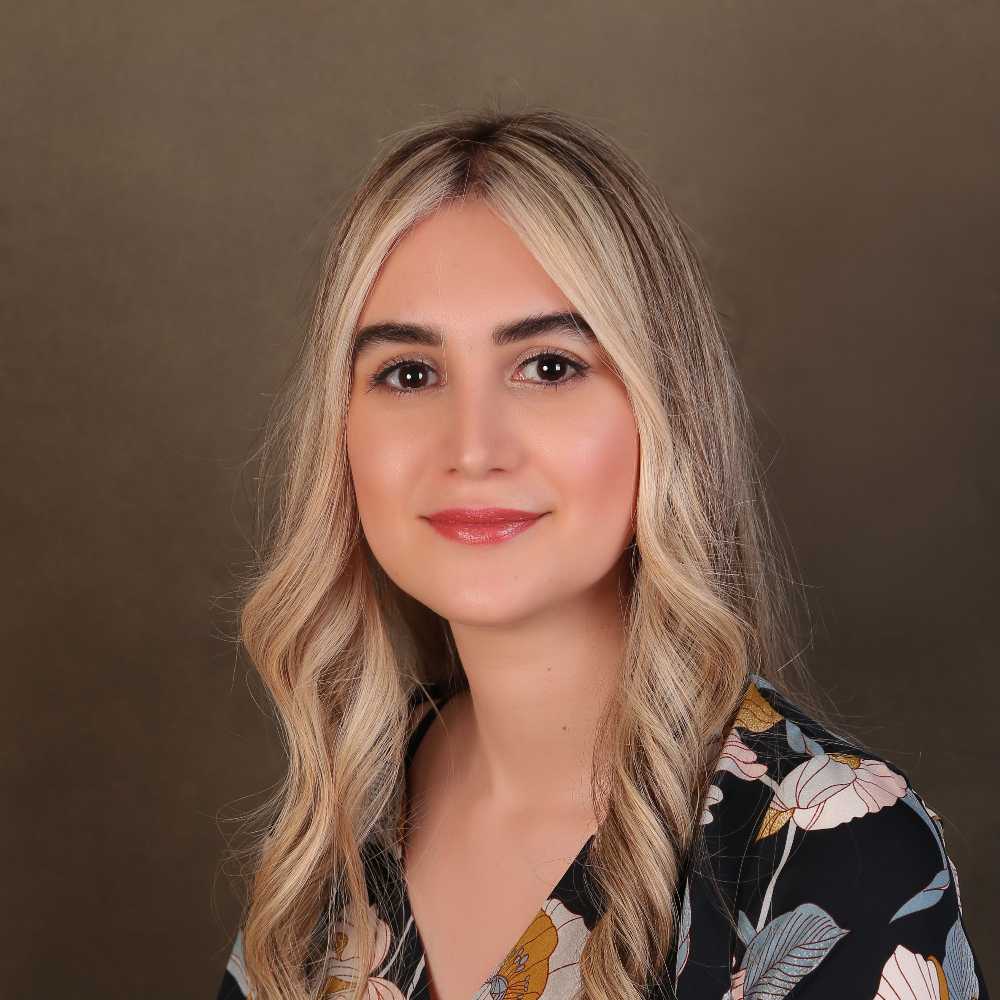
Sara Pishgahi
Sara is a PhD candidate at the Center for Urban Research, RMIT University, with a focus on the circular economy transition in the construction industry. Her research explores the role of digital technology in optimising the building industry's supply chain. Sara's research track record spans Sustainable Development, examining the interplay between built environment development policies, housing, and Community Planning.
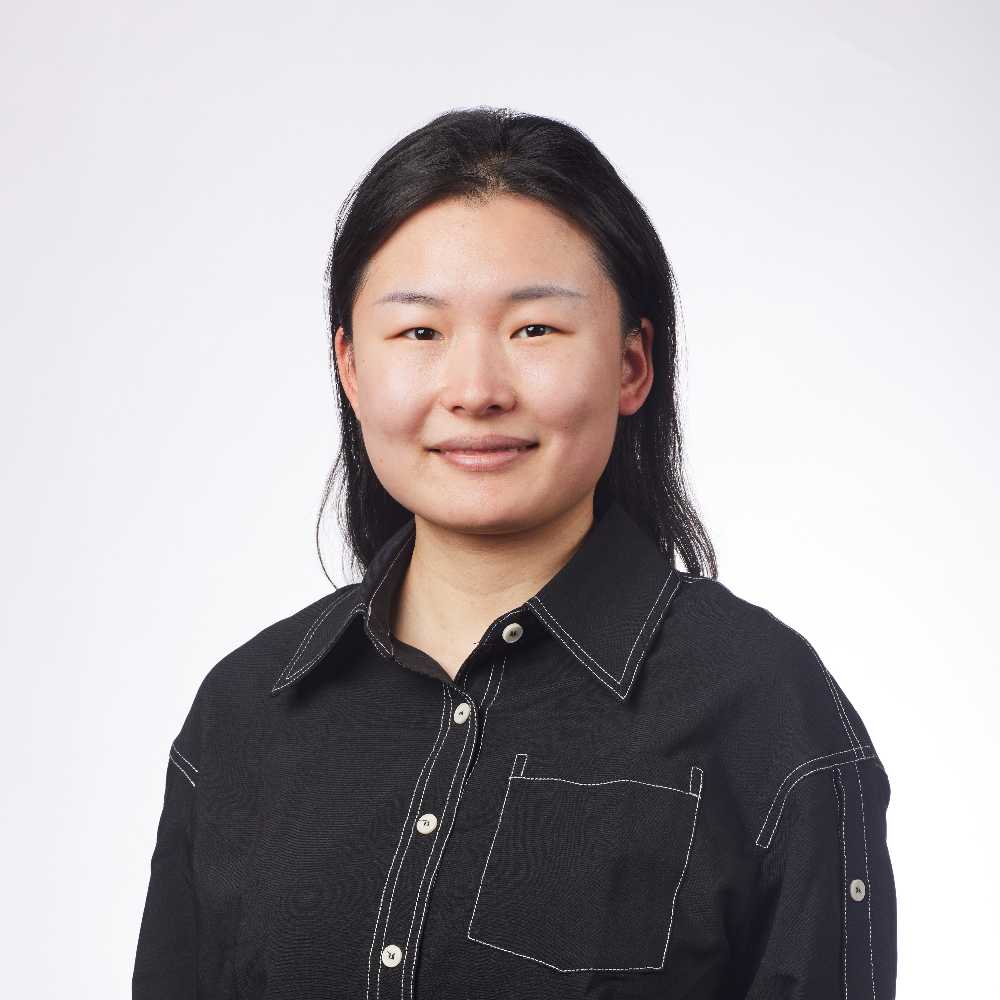
Jierui Dong
Jierui Dong's research focuses on developing predictive models for air pollution concentrations in school environment. Air quality is one of the greatest threats to public health; Jierui is motivated to create predictive models that can help mitigate the risks associated with poor indoor air quality.
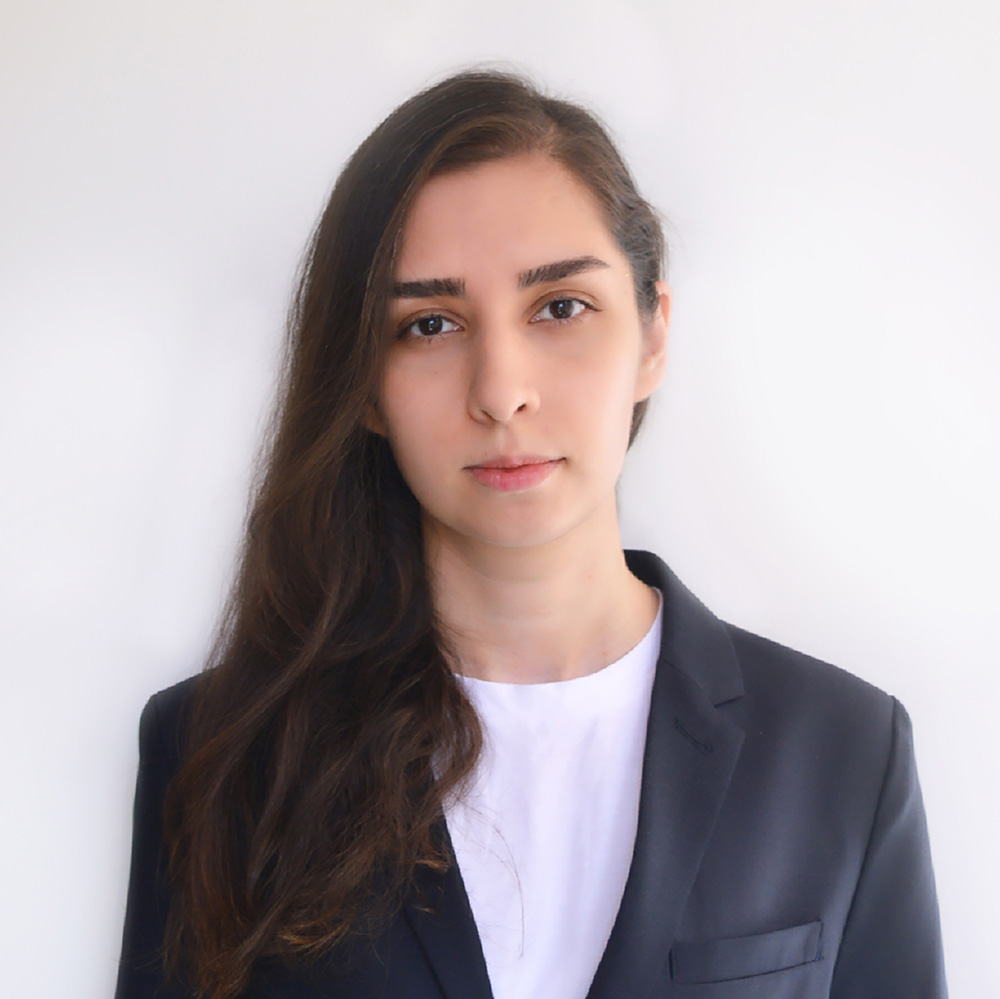
Sadaf Dalirazar
Sadaf is a PhD candidate at the School of Property, Construction and Project Management at RMIT University. She holds a Bachelor’s degree in Civil Engineering and a Master’s degree in Civil Engineering and Construction Management. Her current research focuses on the role of demonstration projects in facilitating the transition towards sustainability in the built environment. She also has experience and research interests in the fields of circular economy, sustainable construction, Building Information Modelling, and strategic construction management.
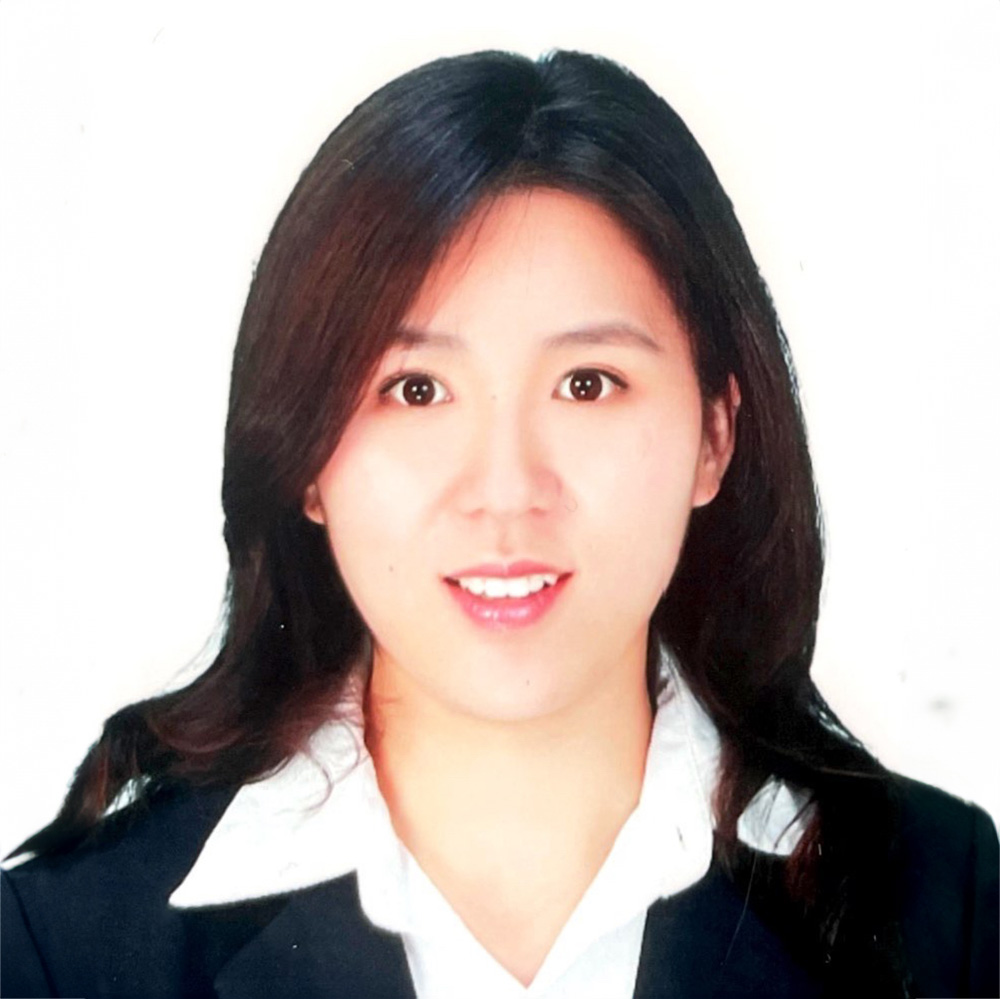
Zhe Zhang
Zhe is a PhD candidate specializing in multi-objective optimization for retrofitting existing housing to achieve near-zero energy in Australia. Her research utilizes the NSGA-II algorithm to minimize thermal energy demand, investment costs, and GHG emissions. Zhe has developed an optimization framework by coupling Python programming with EnergyPlus software, enabling automated and iterative simulations to identify optimal retrofitting solutions. Her work contributes to policy development for sustainable housing and supports the post-carbon transition through practical, scalable retrofitting strategies.
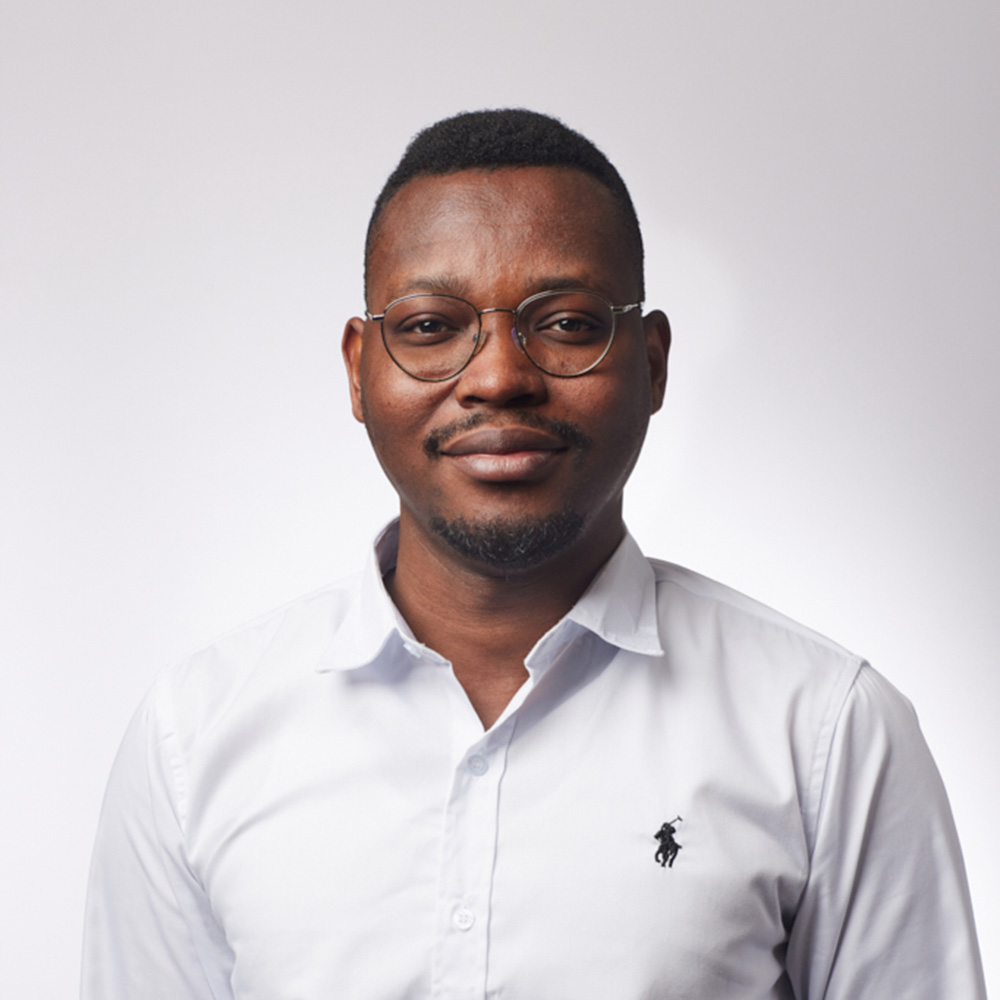
Desmond Gagakuma
Desmond Gagakuma is a PhD researcher in urban planning and development, focusing on community-driven initiatives and spatial tools to improve the liveability of settlements. His work explores green space protection for climate change adaptation and the role of self-organization in addressing challenges like housing, sanitation, and access to water. He integrates spatial management tools to safeguard urban green spaces amidst expanding built environments, contributing to resilient urban design. His collaborative approach to sustainable urban planning design emphasizes the vital connection between environmental protection and social equity in rapidly growing cities.
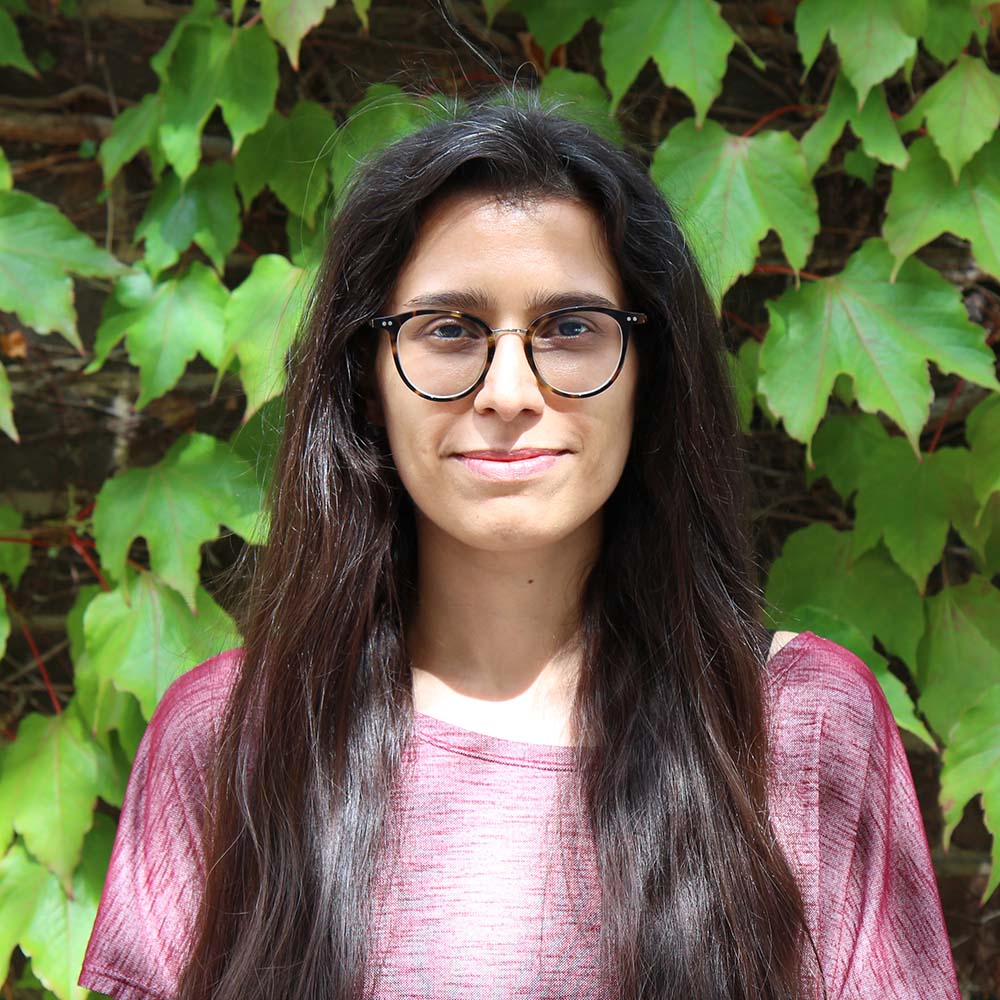
Atefeh Soleimani Roudi
Atefeh is working on developing a governance framework relating to the impacts of climate change as a systemic risk on urban health from an urban planning and complex systems perspective.
Her academic background is in urban and regional planning and her previous research has been mainly focused on complexity of decision making in metropolitan regions. In her career, she has been involved in strategic planning for disaster management, disaster risk reduction and improving disaster resilience.
Her research interests include urban complexity, relational planning, urban resilience, risk governance, metropolitan studies.

Hamed Farhadi
Hamed is a PhD student who has undertaken research on the urban heat island phenomenon and outdoor thermal comfort. At RMIT, Hamed is working on the relationship between urban forms, micro-climates, and building energy consumption. The final goal of this research is to have urban environments which can perform thermally well both in indoor and outdoor spaces, considering current changes in the urban development areas.